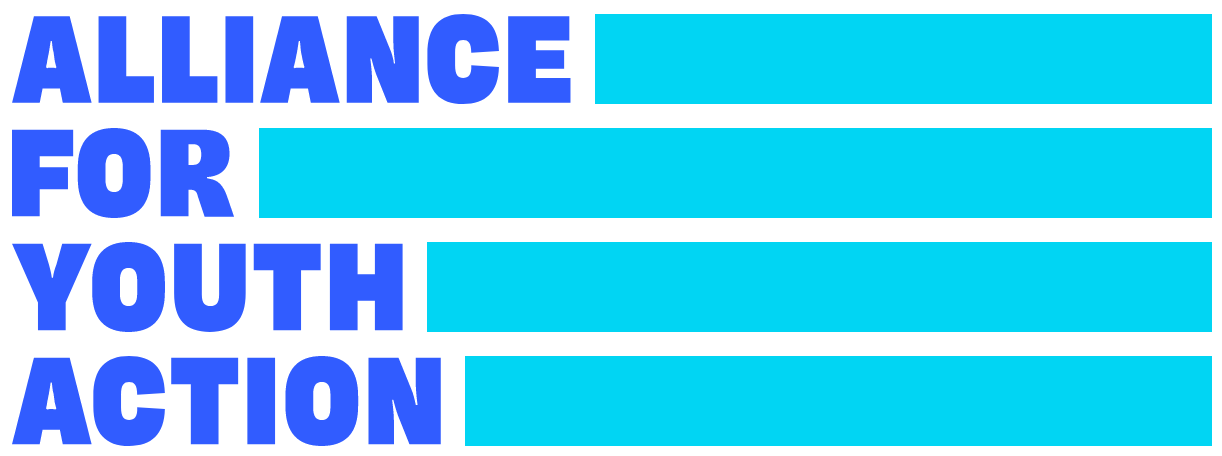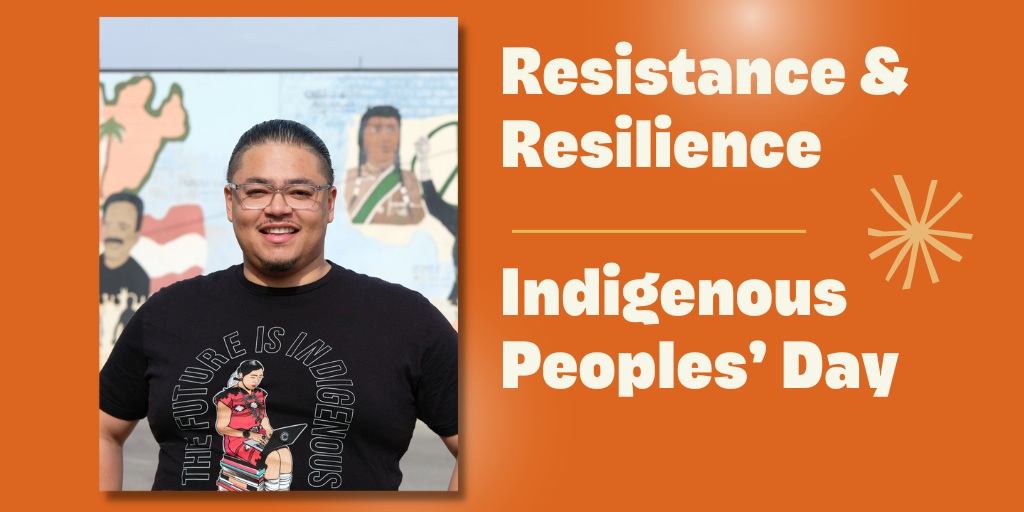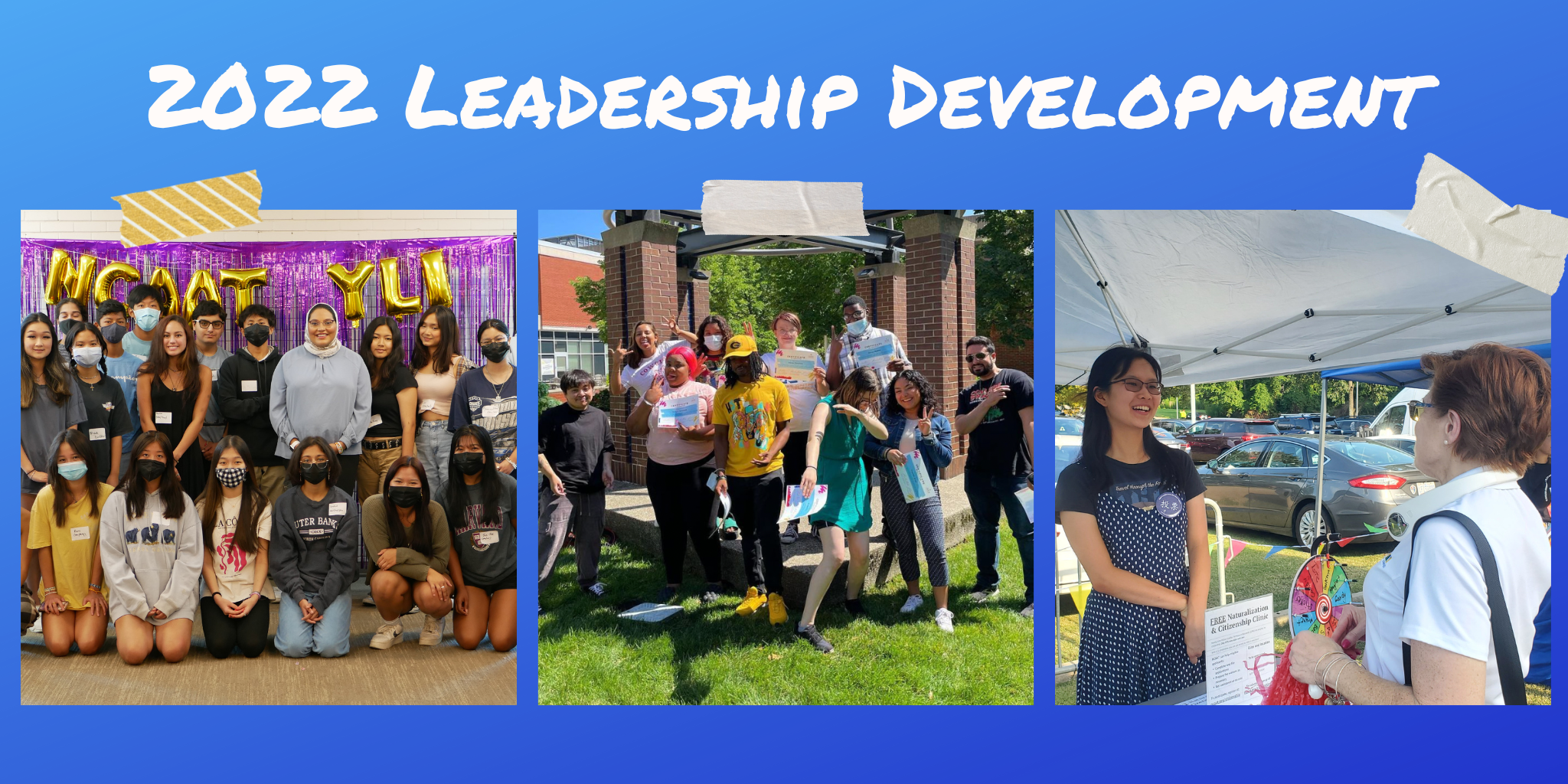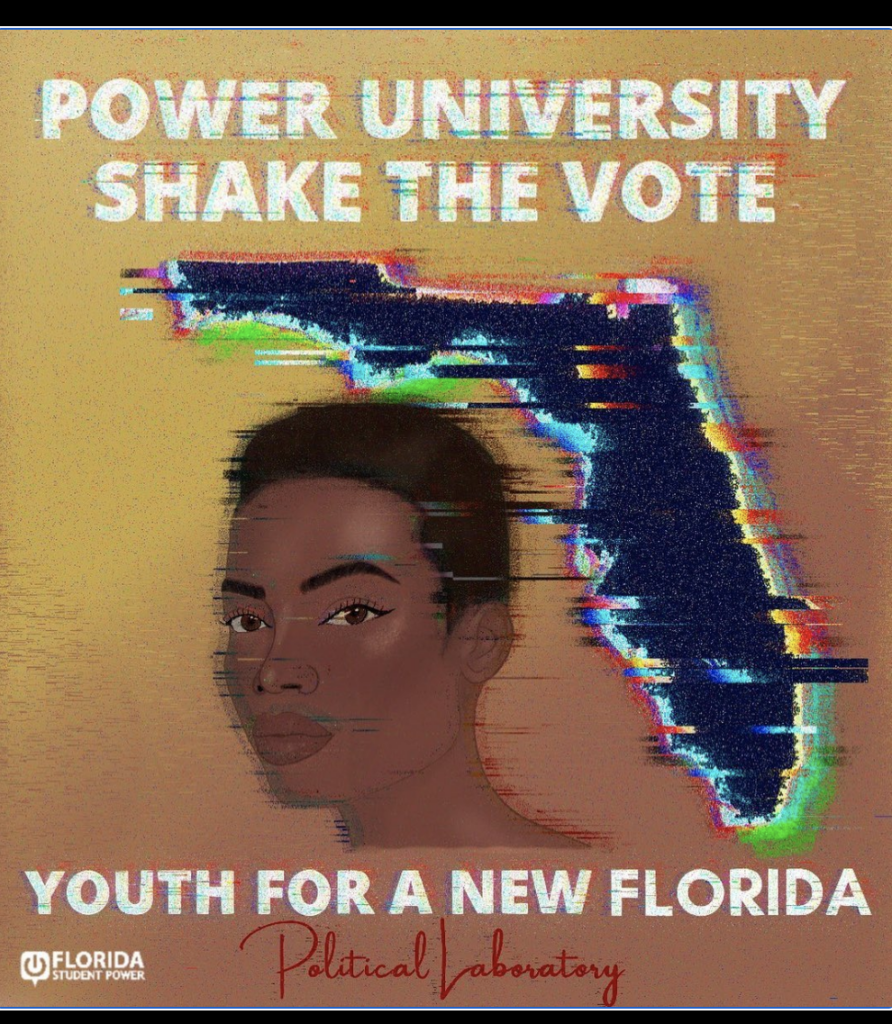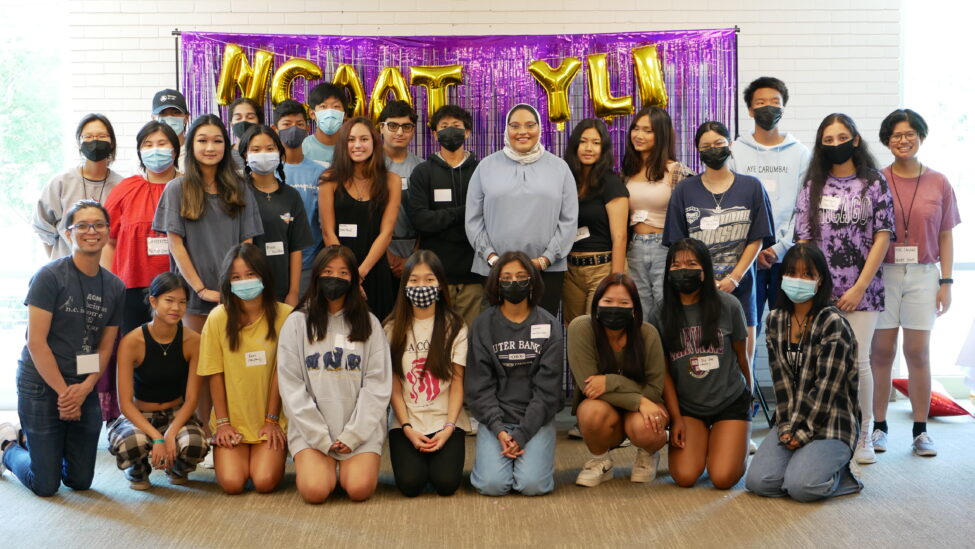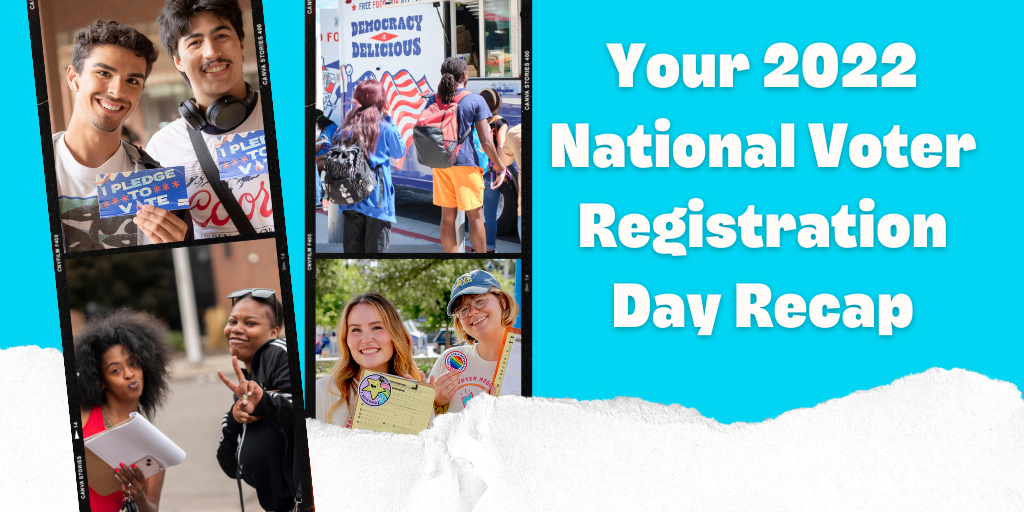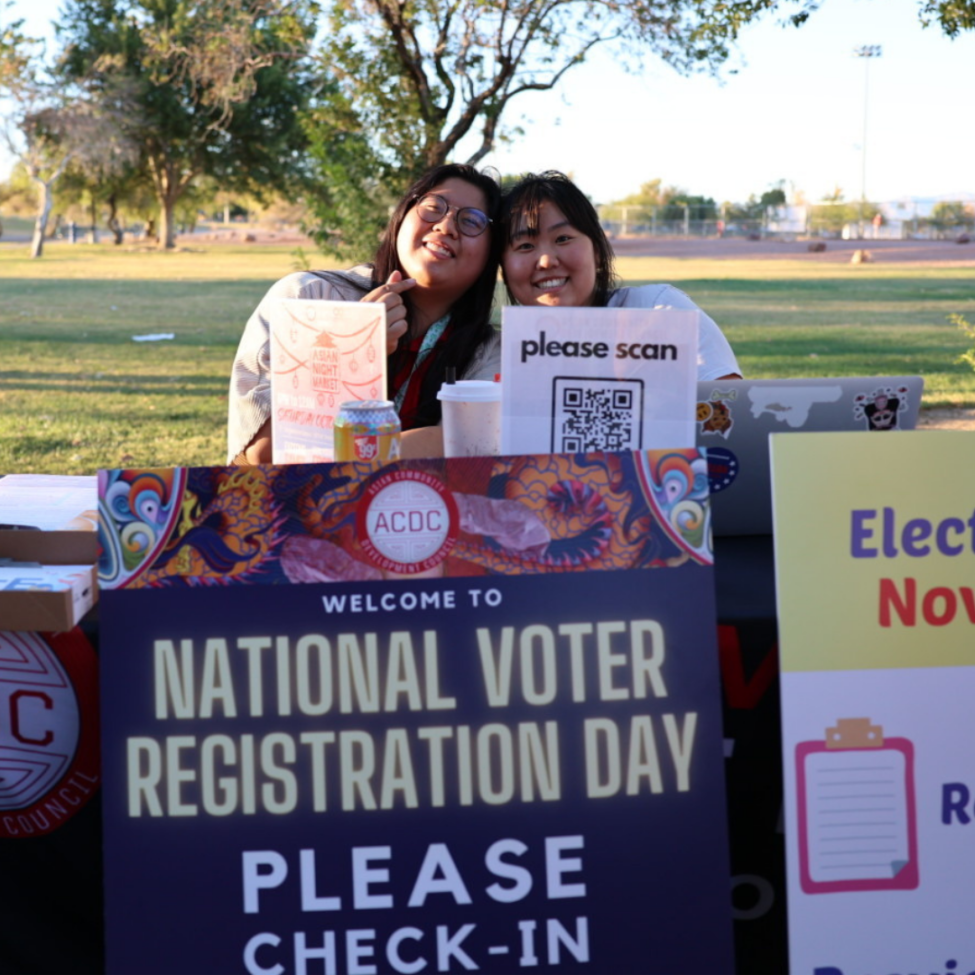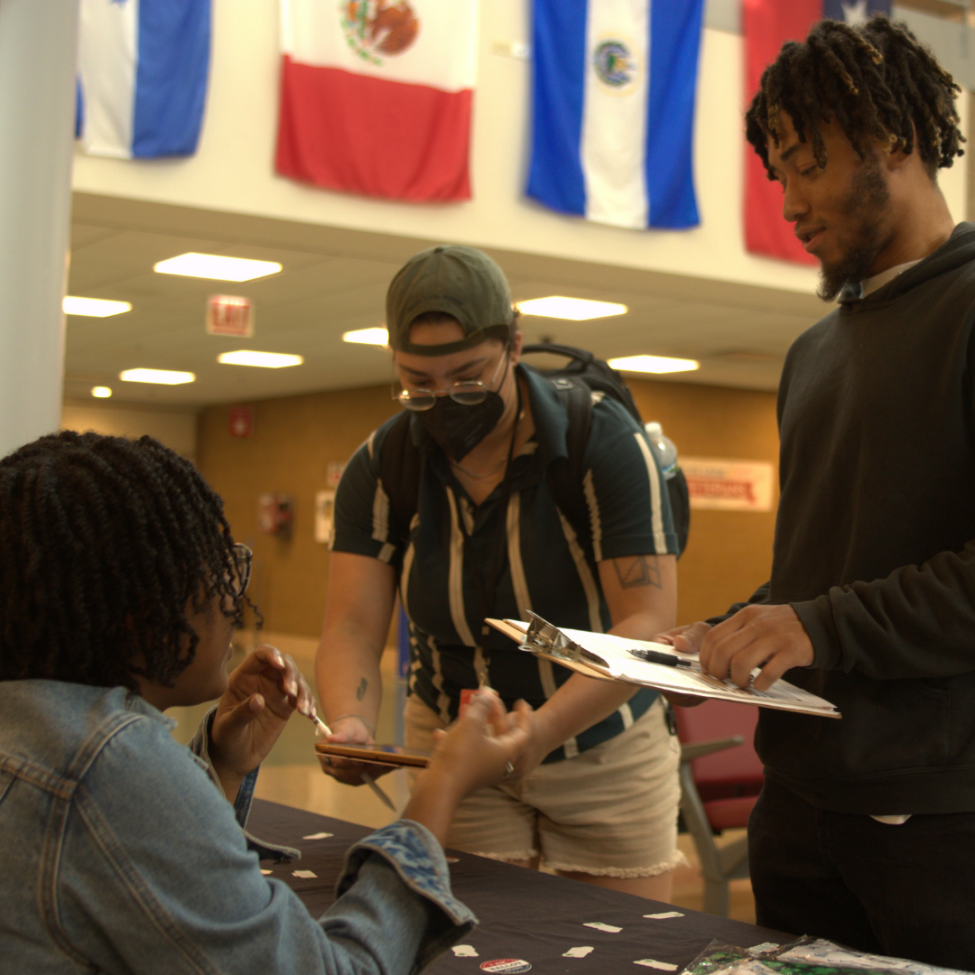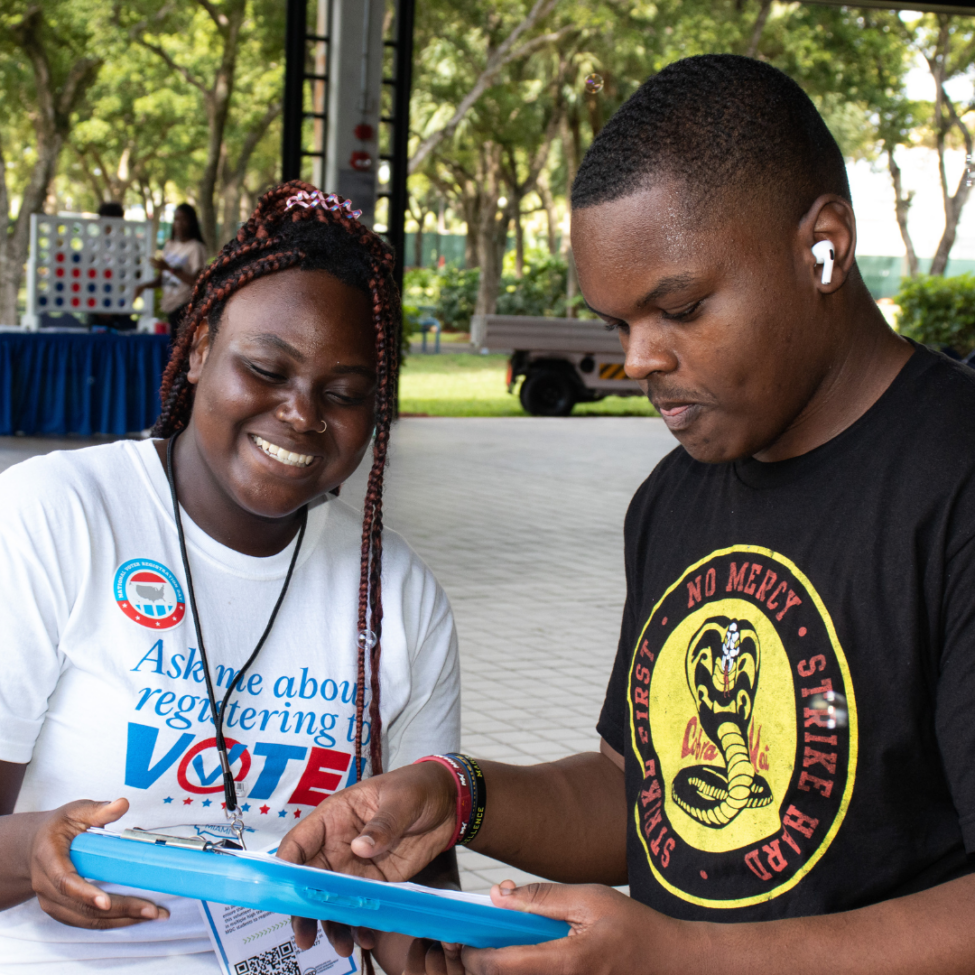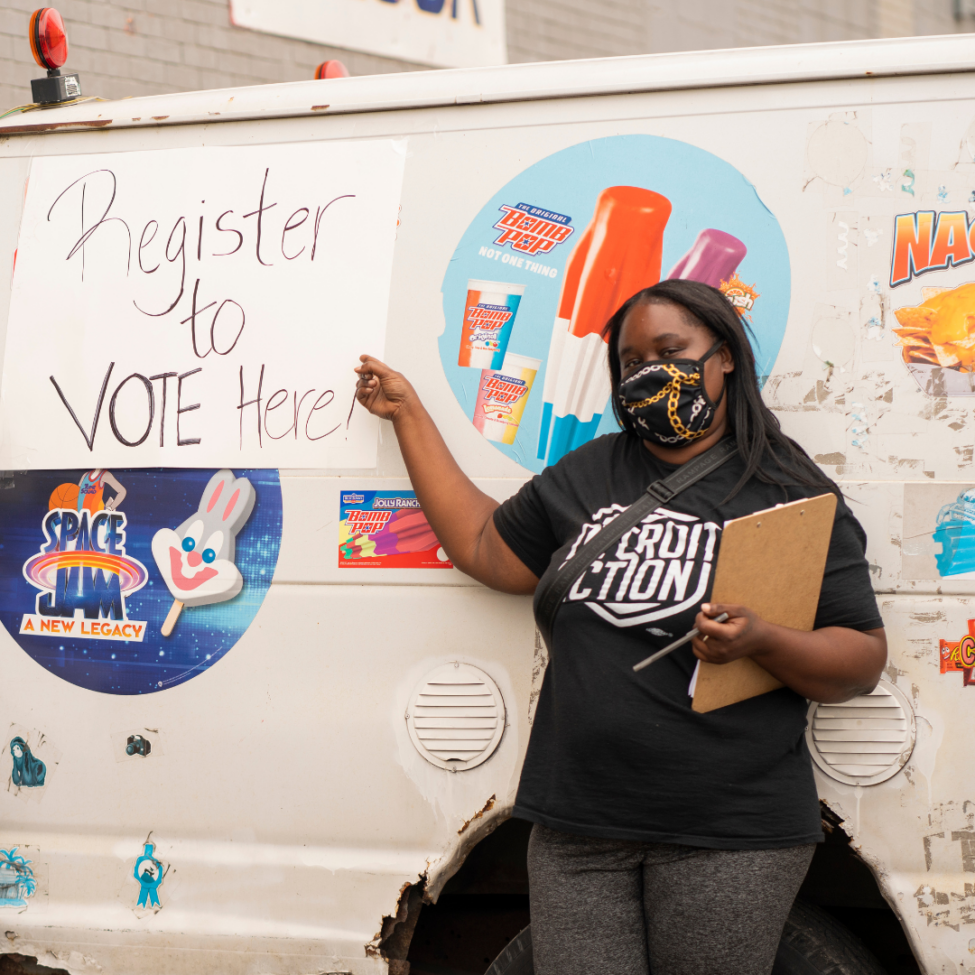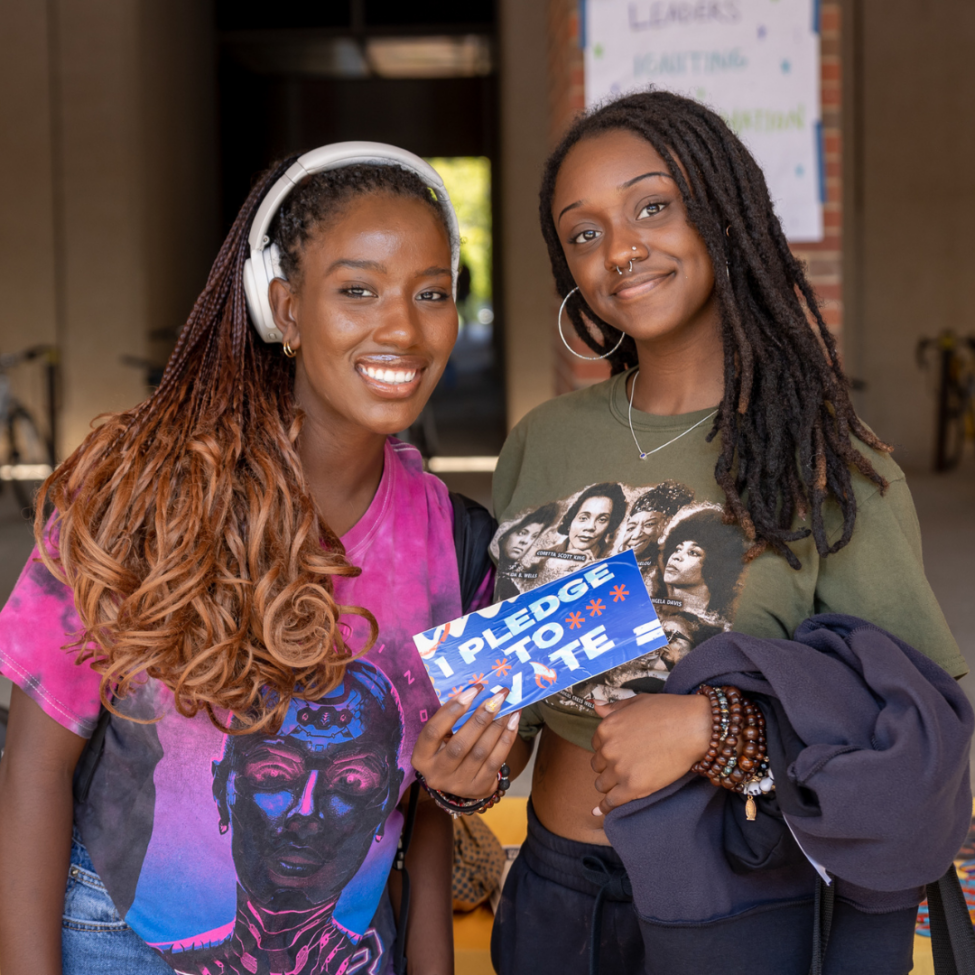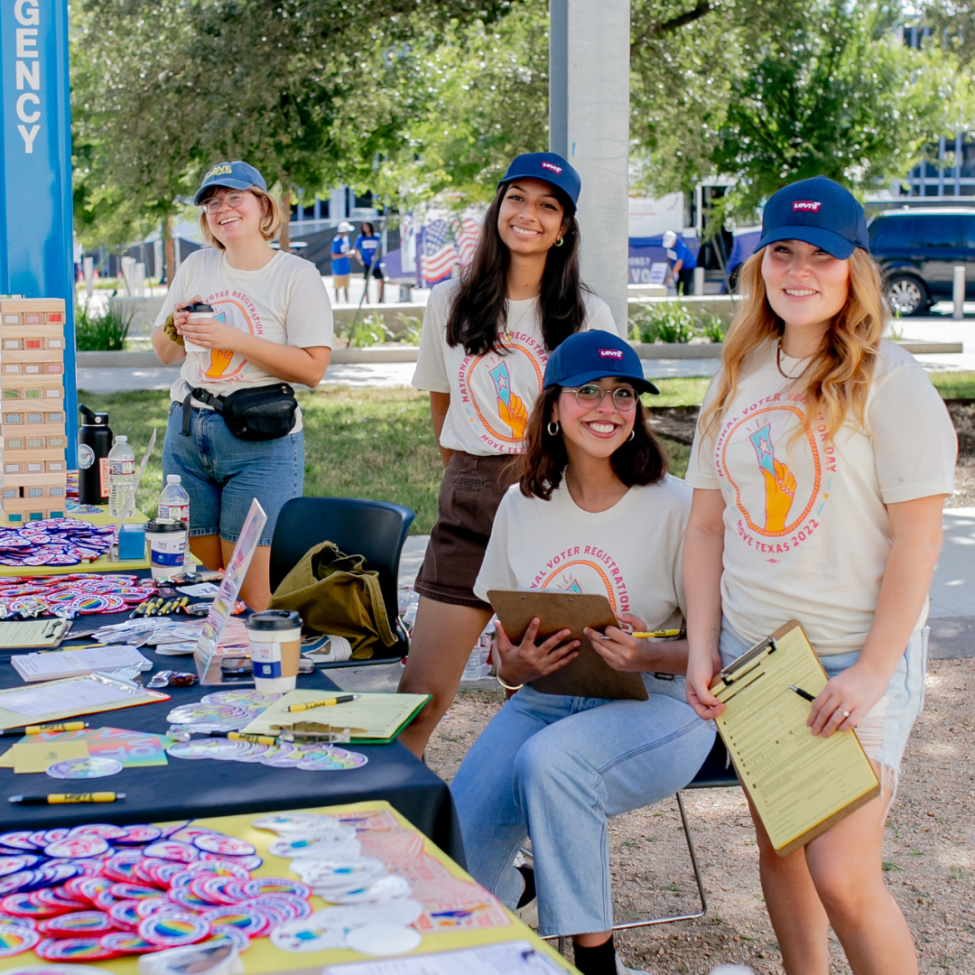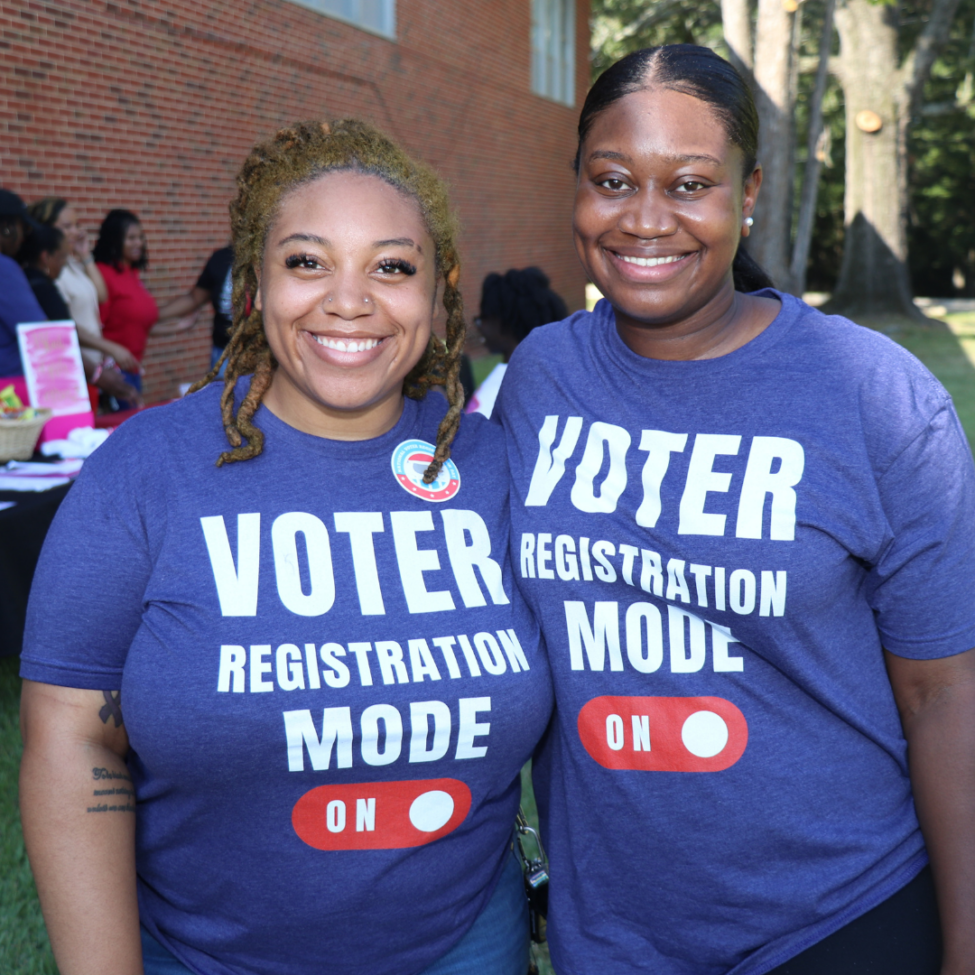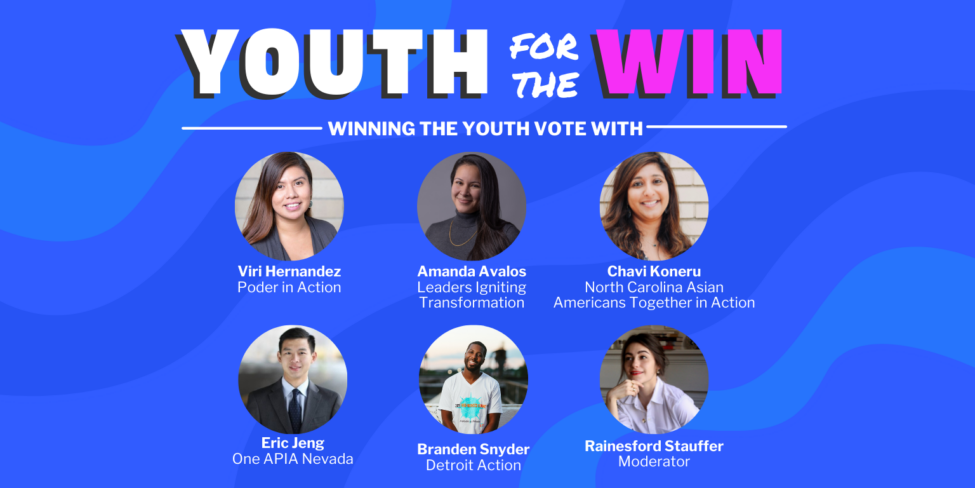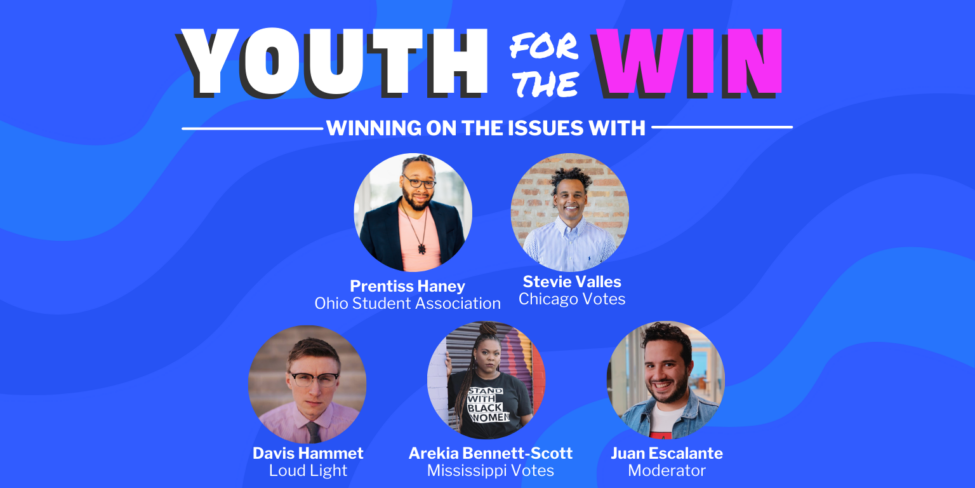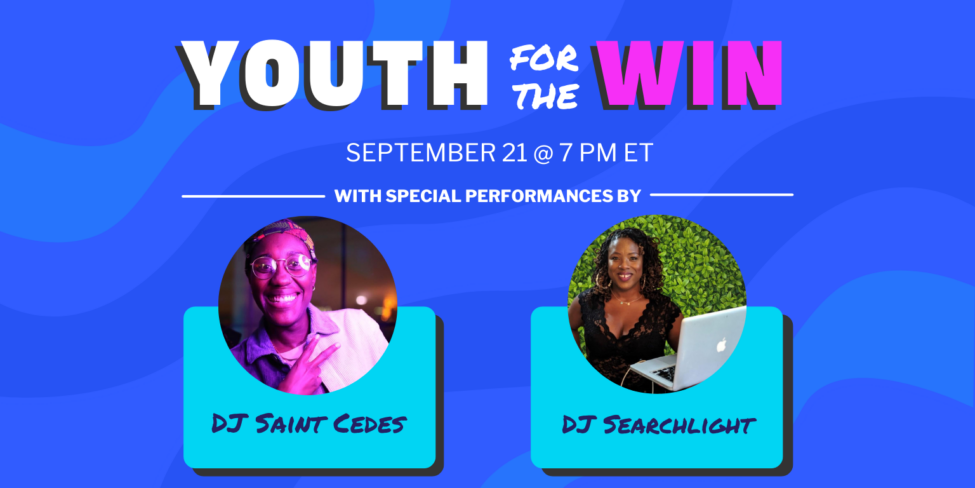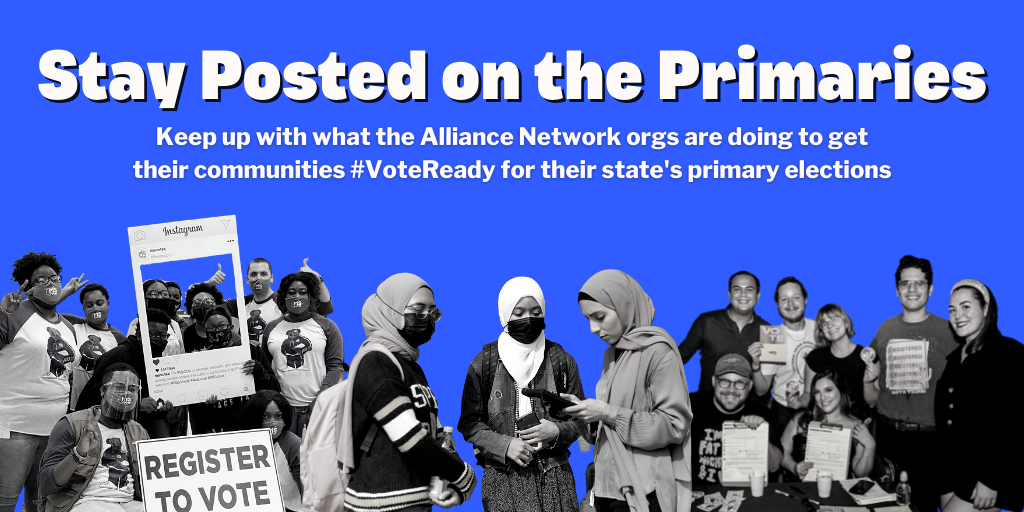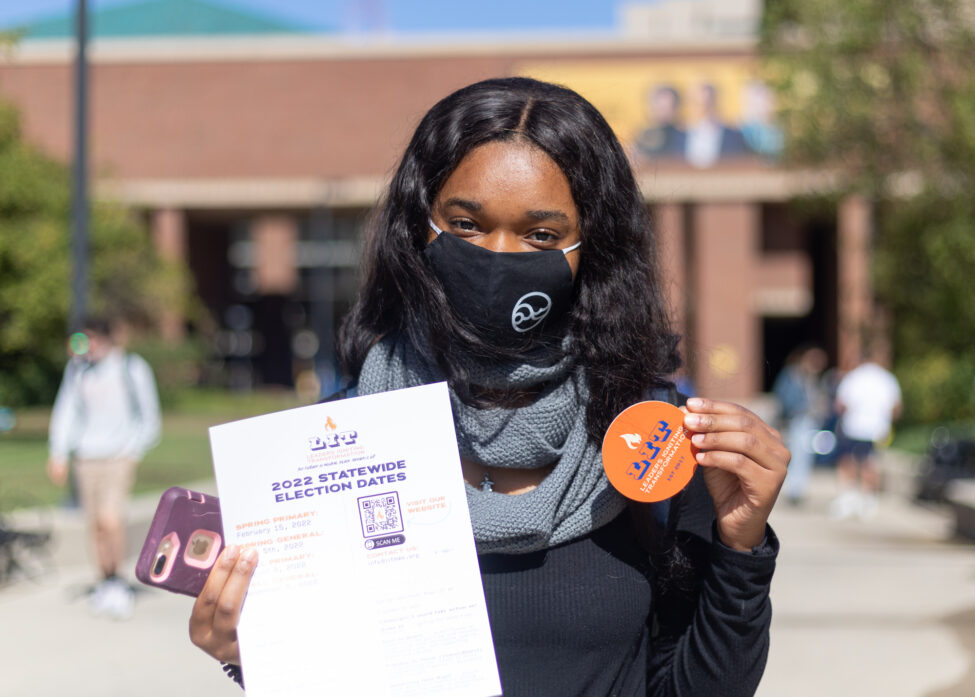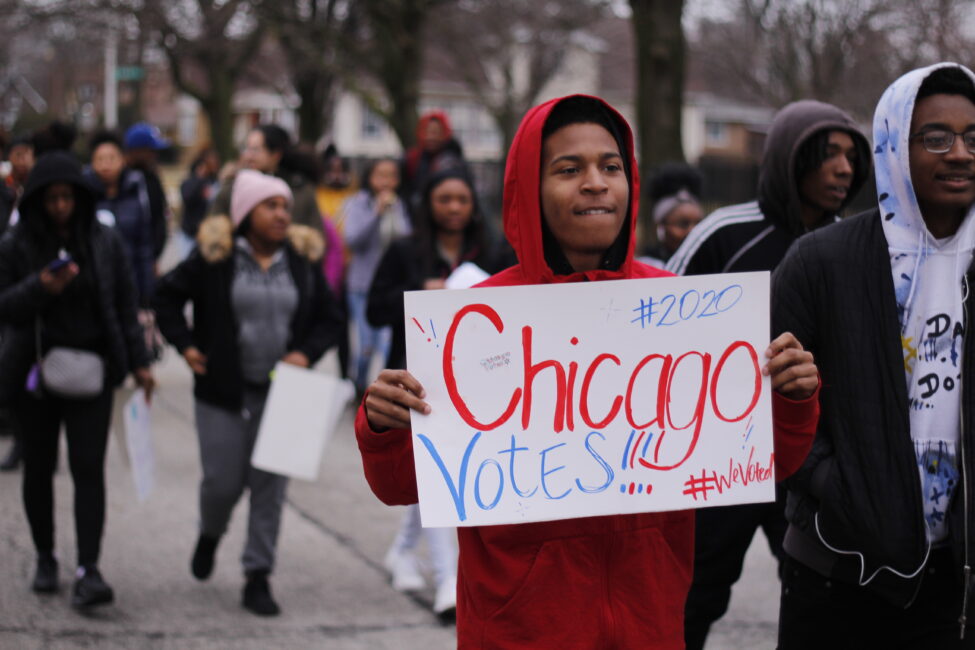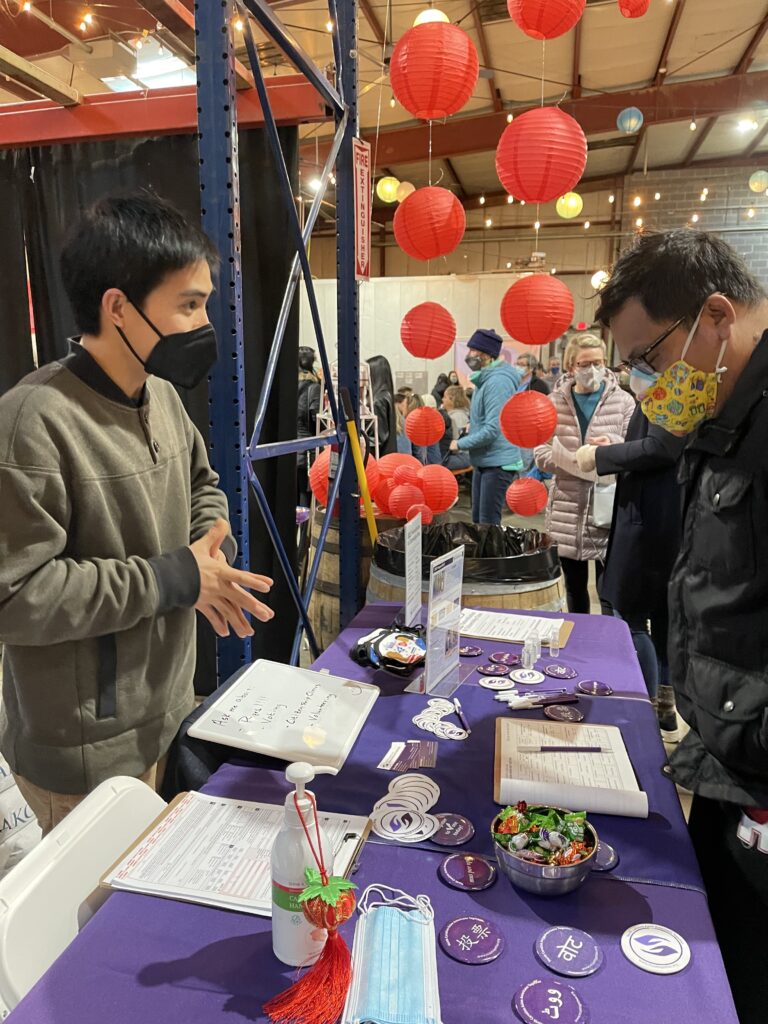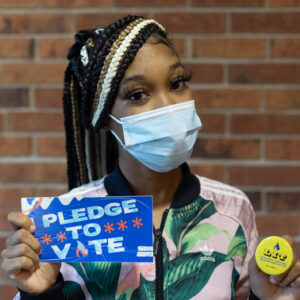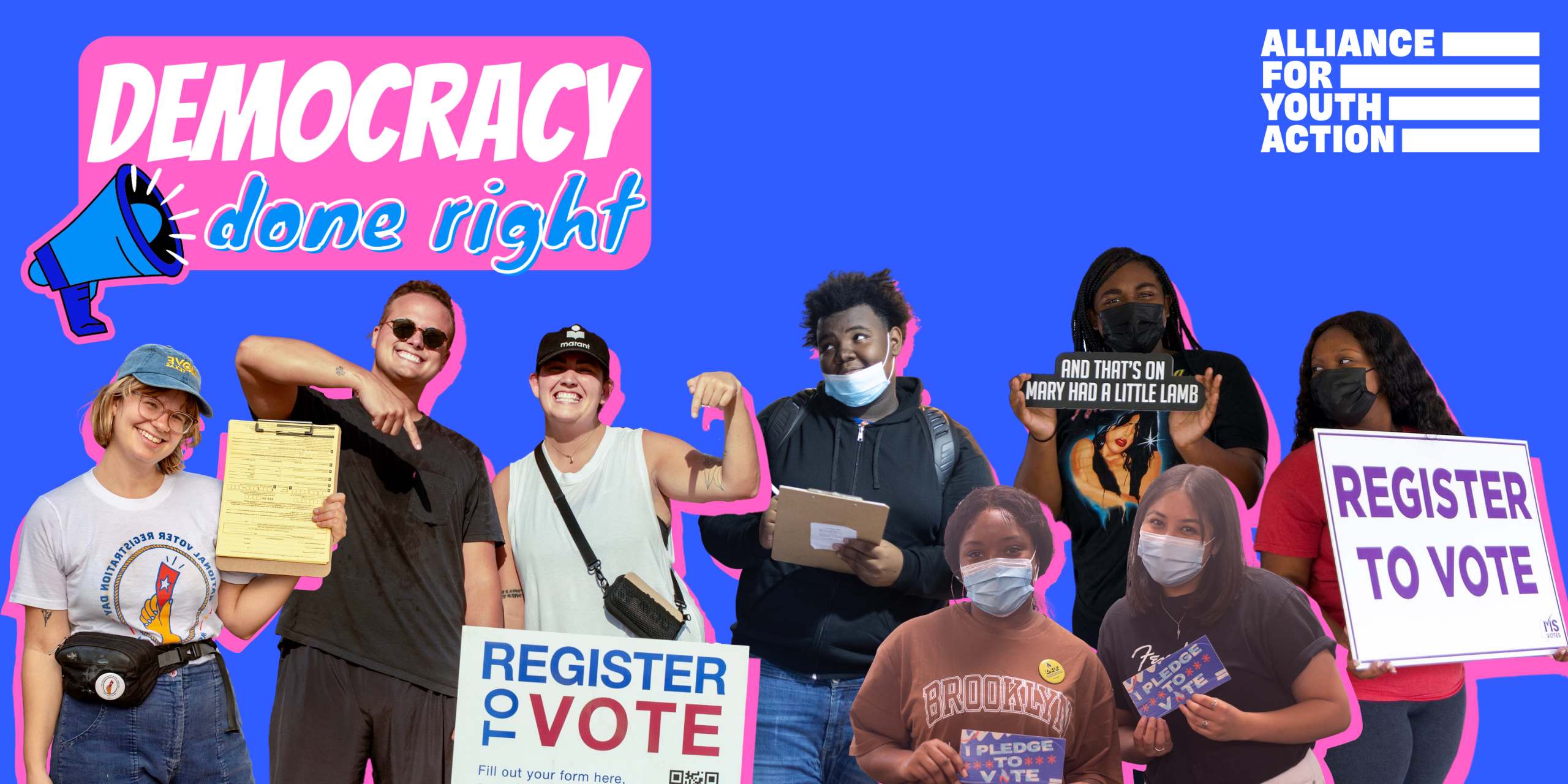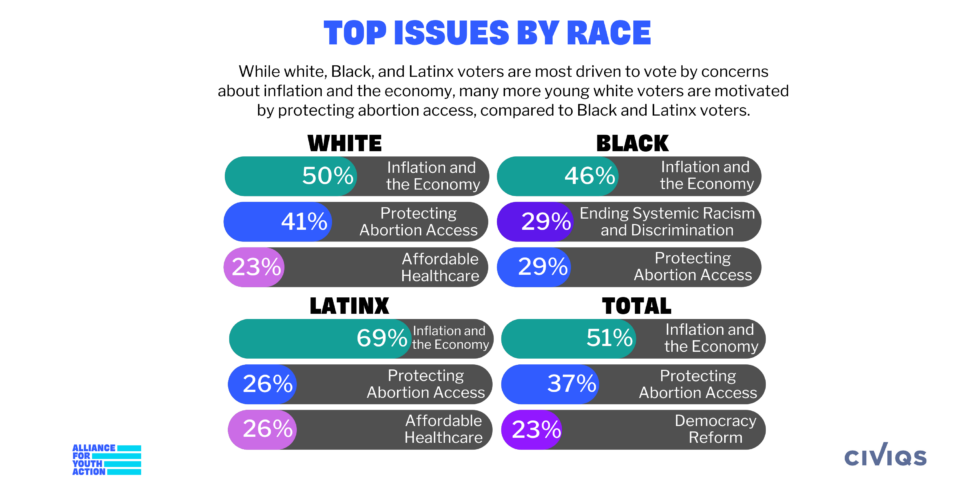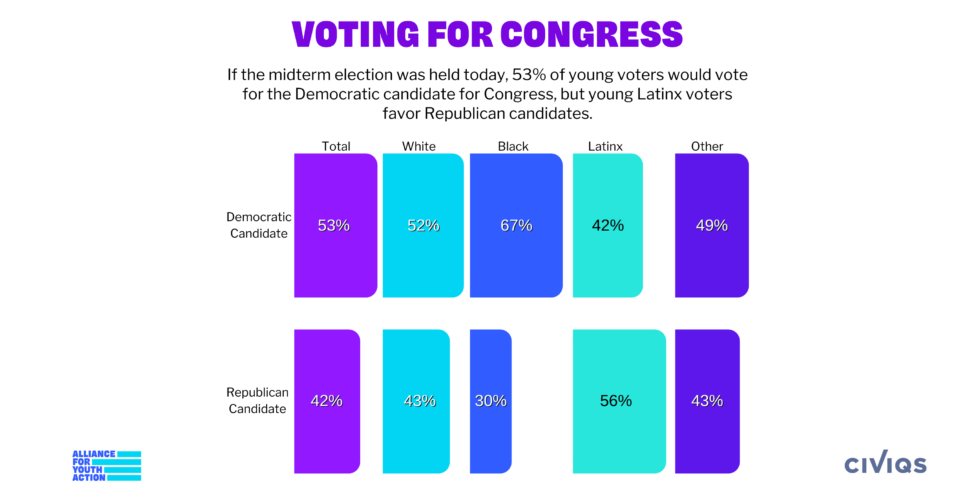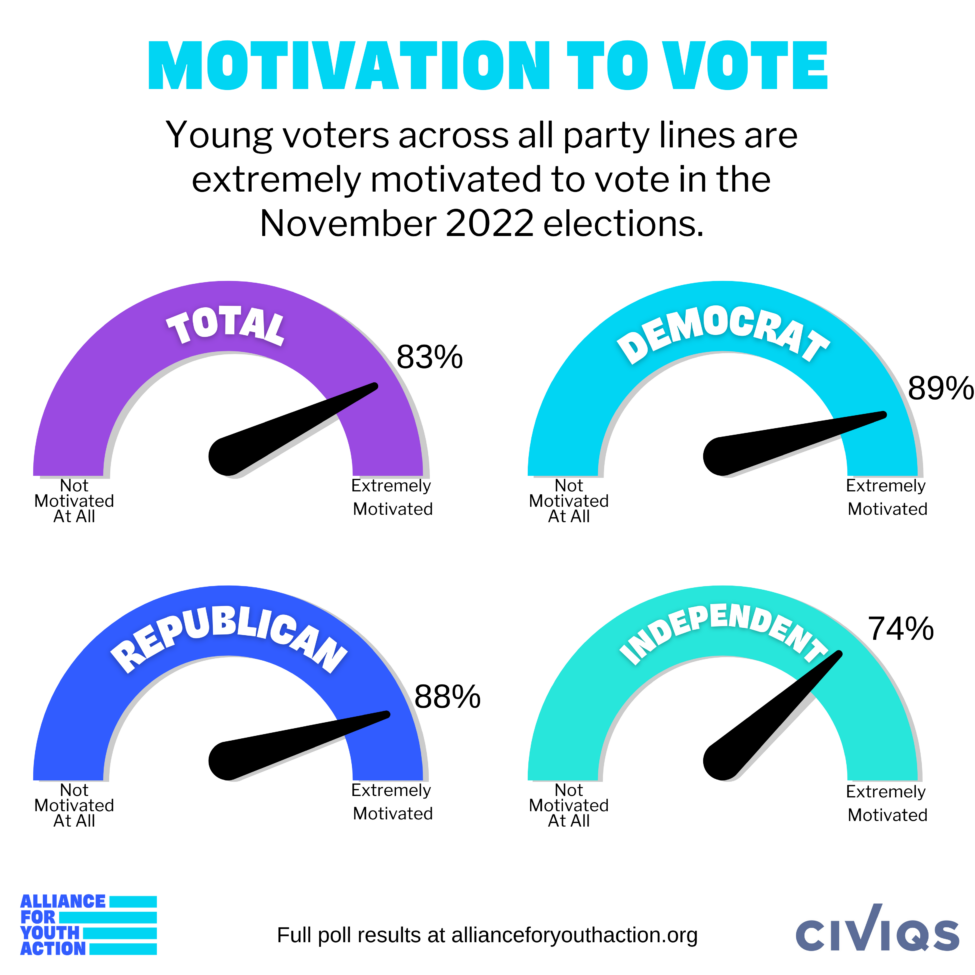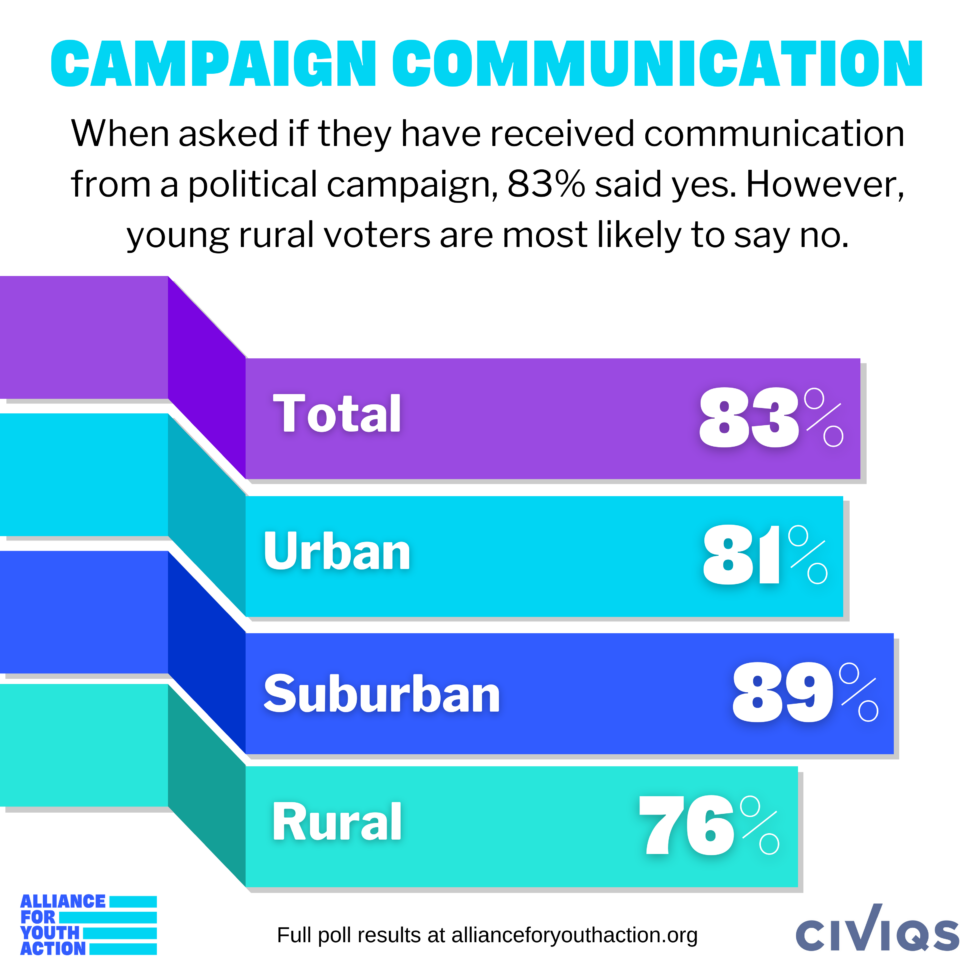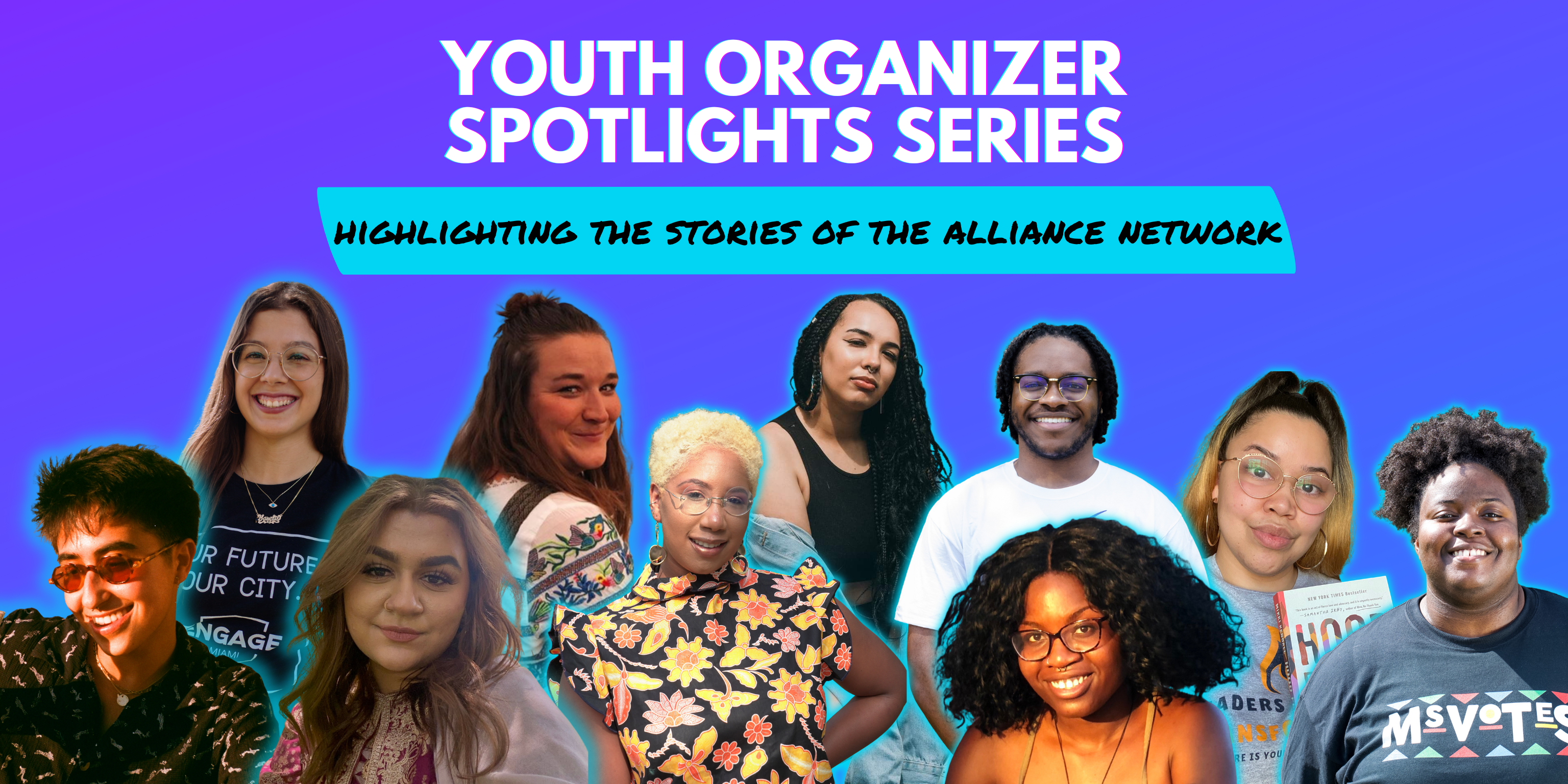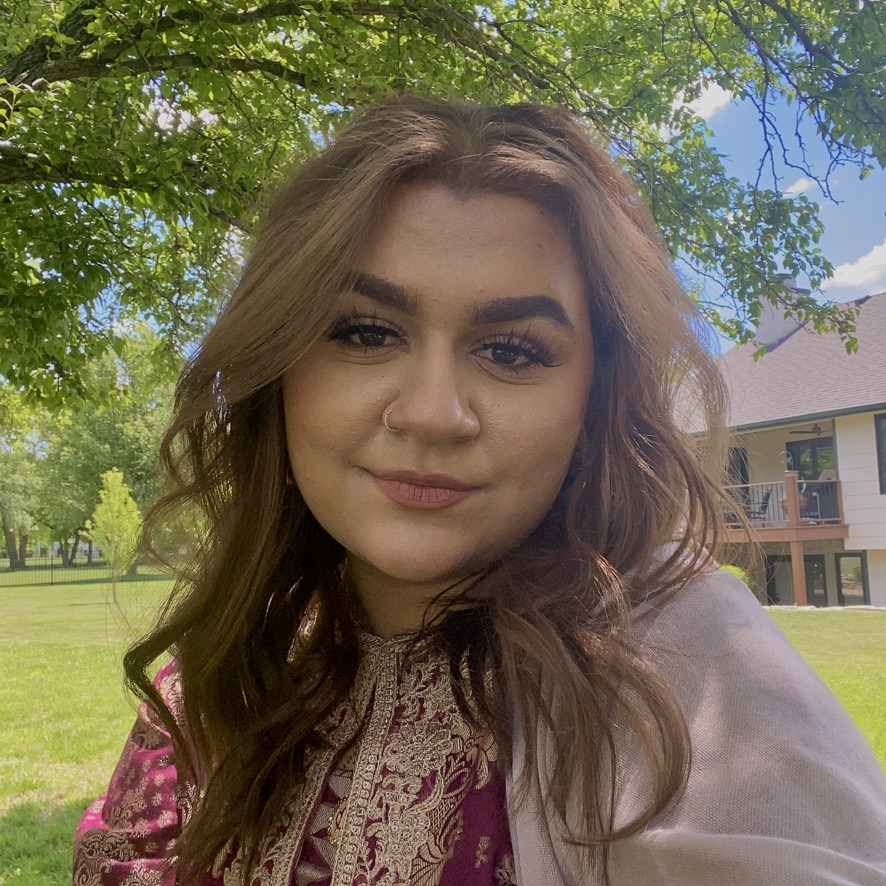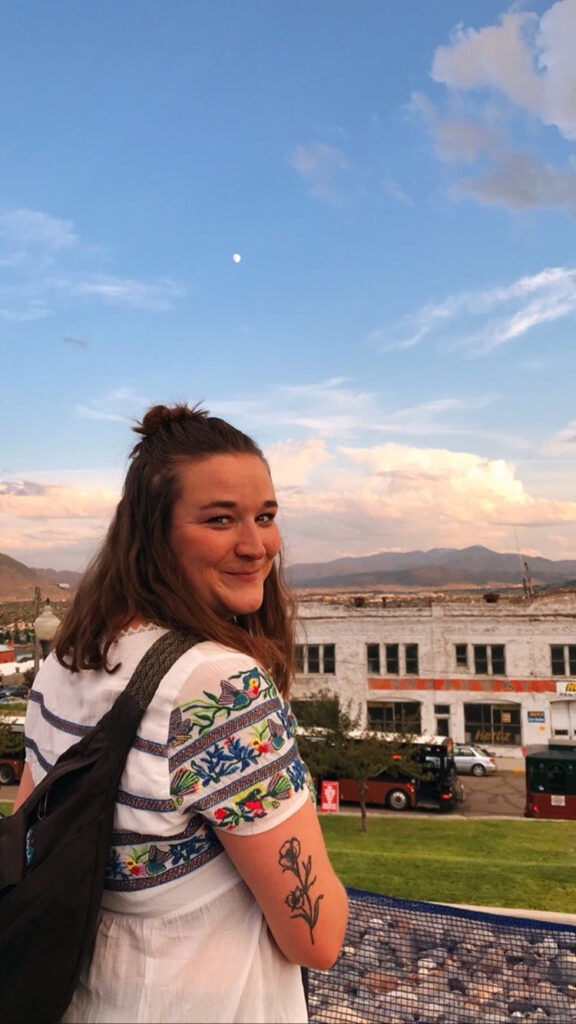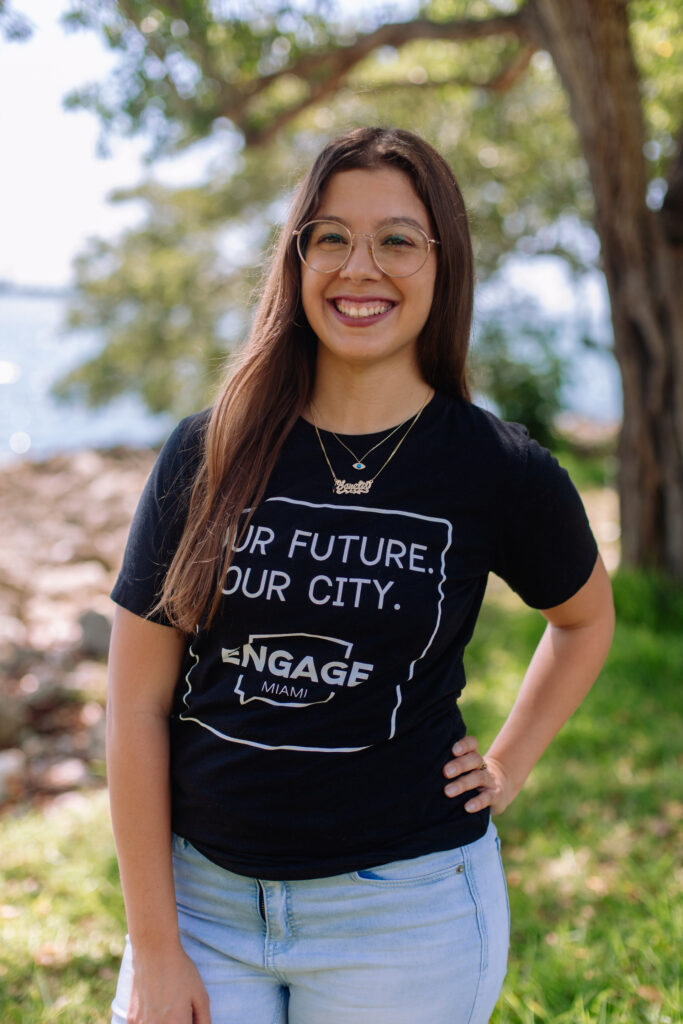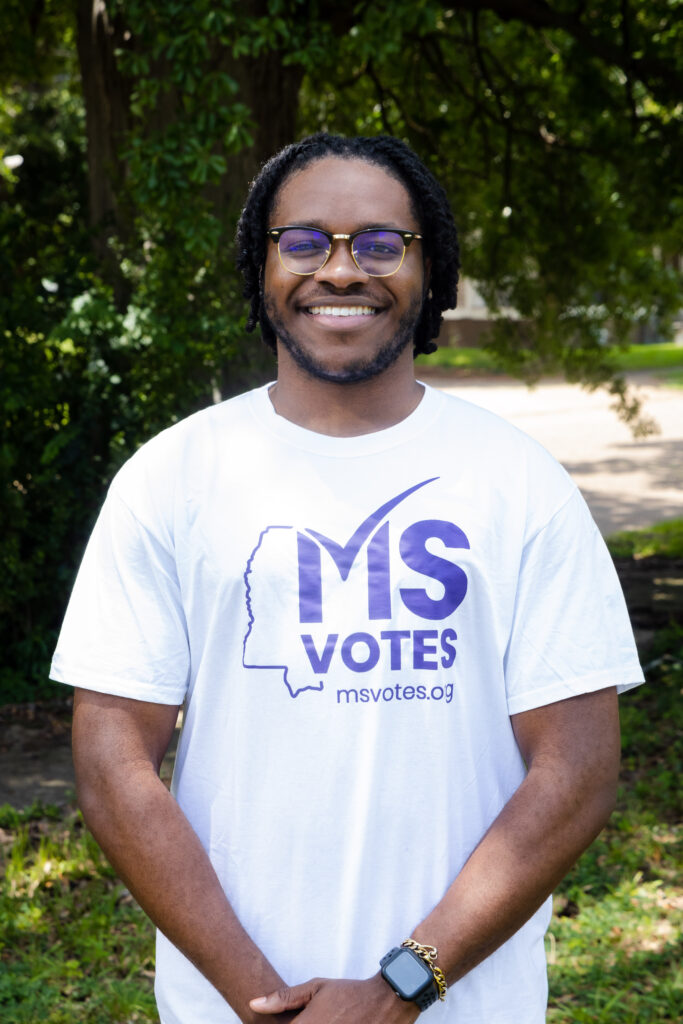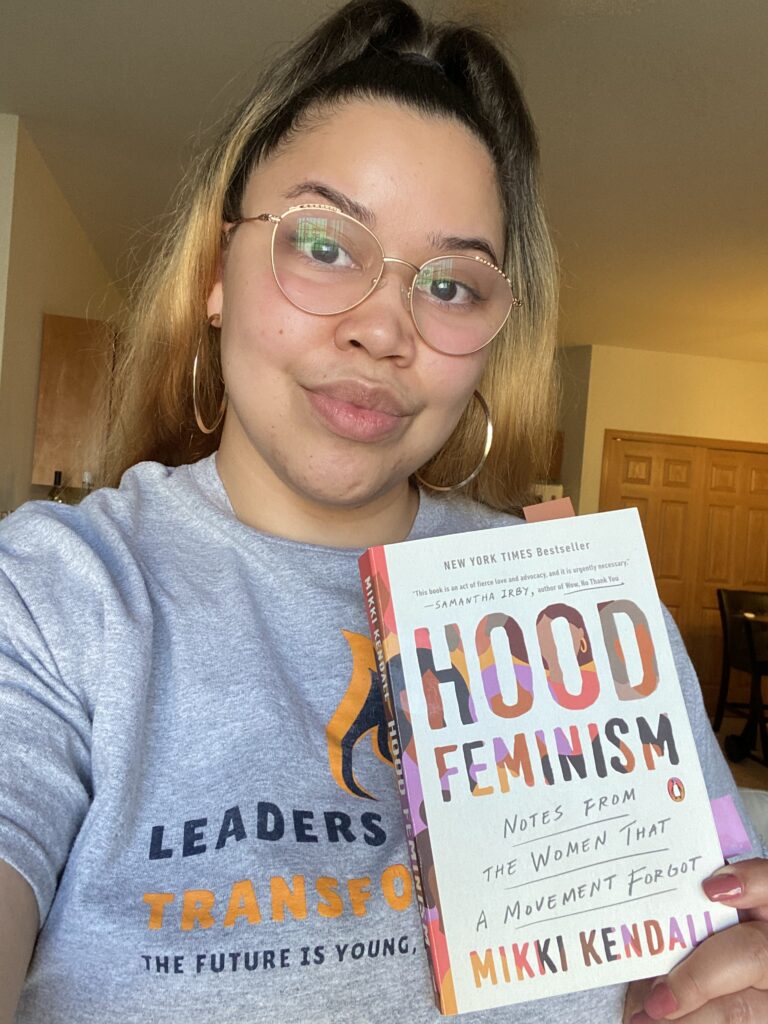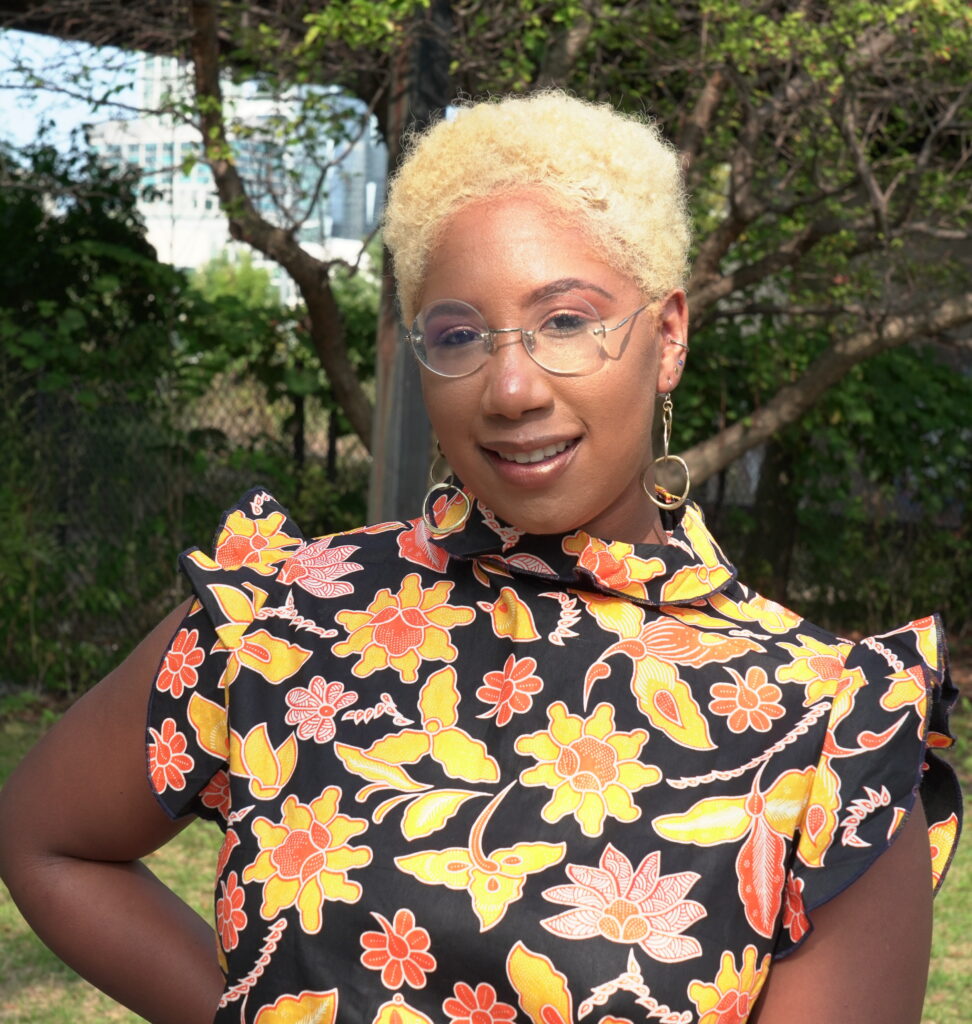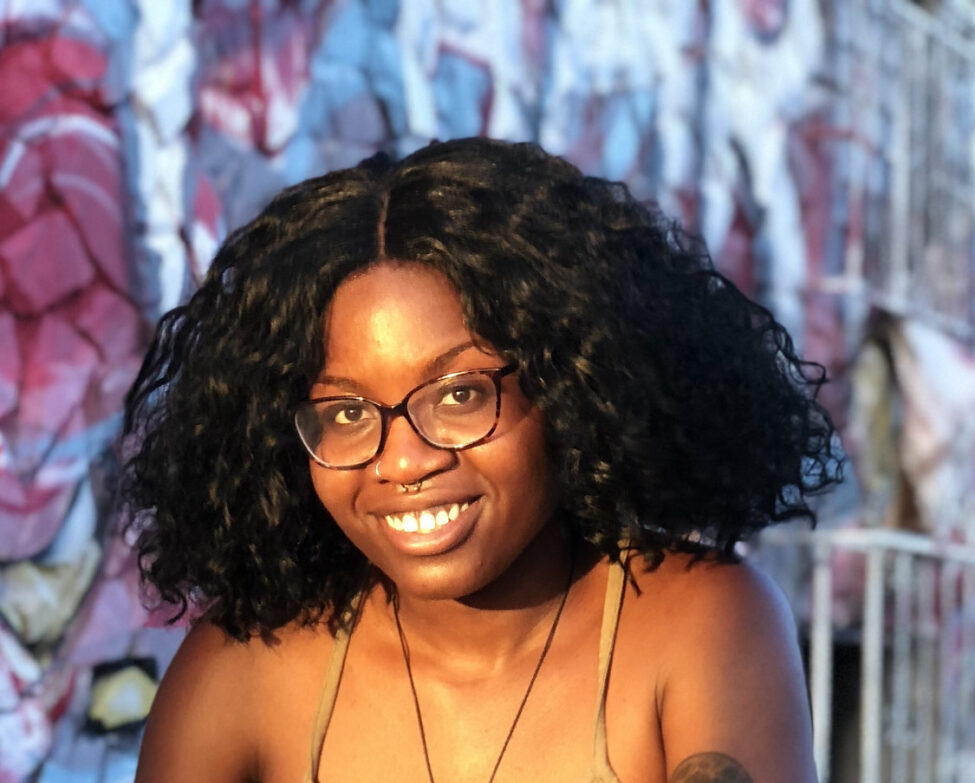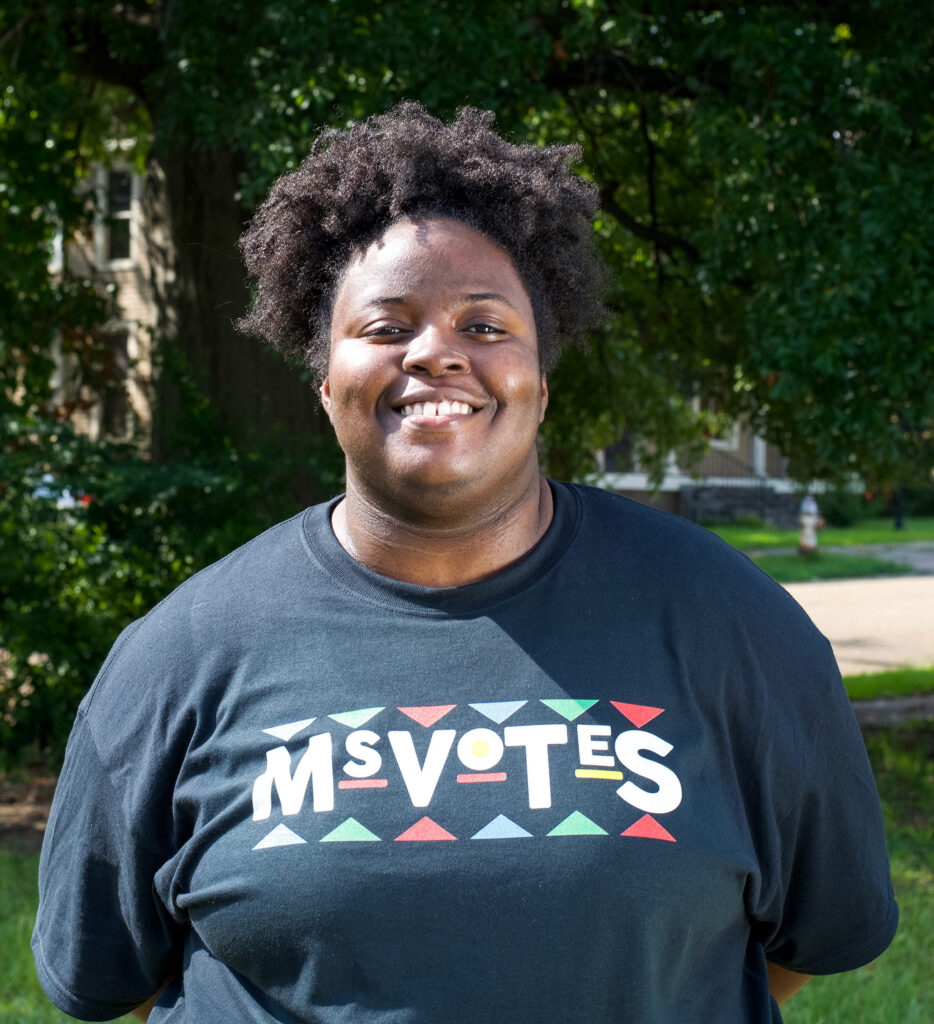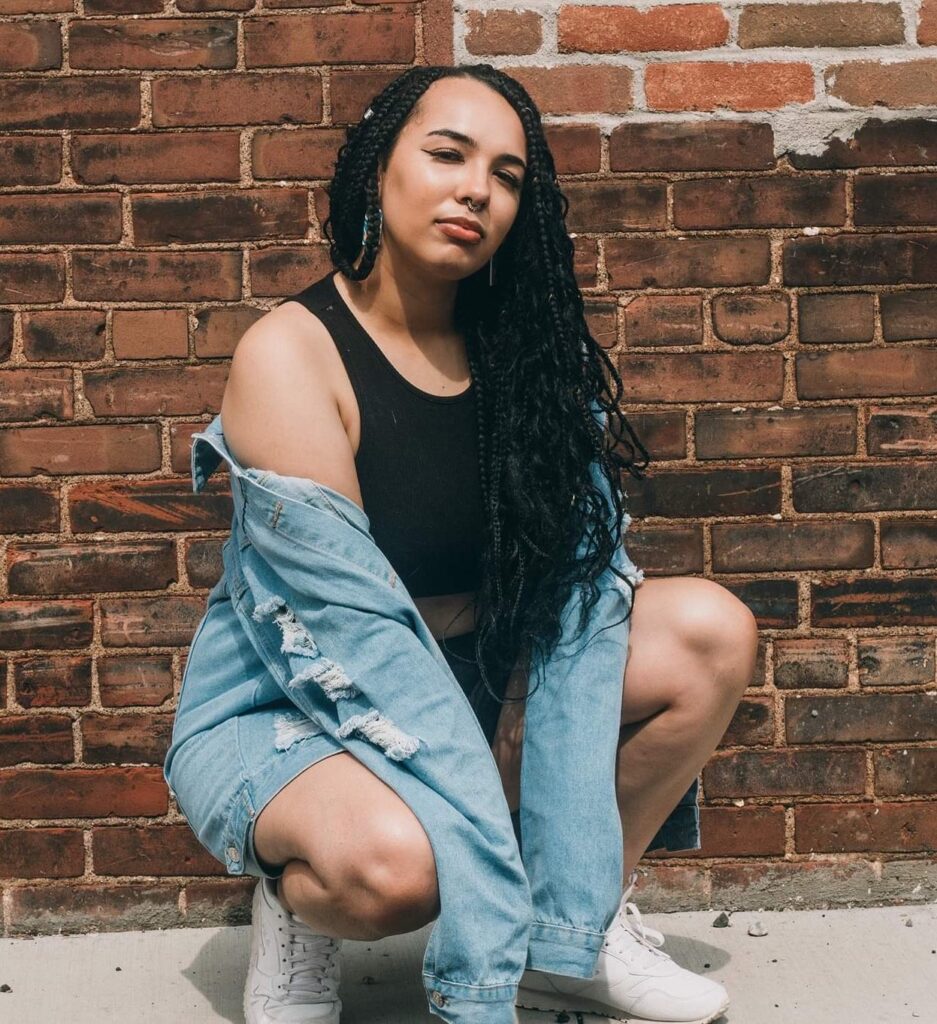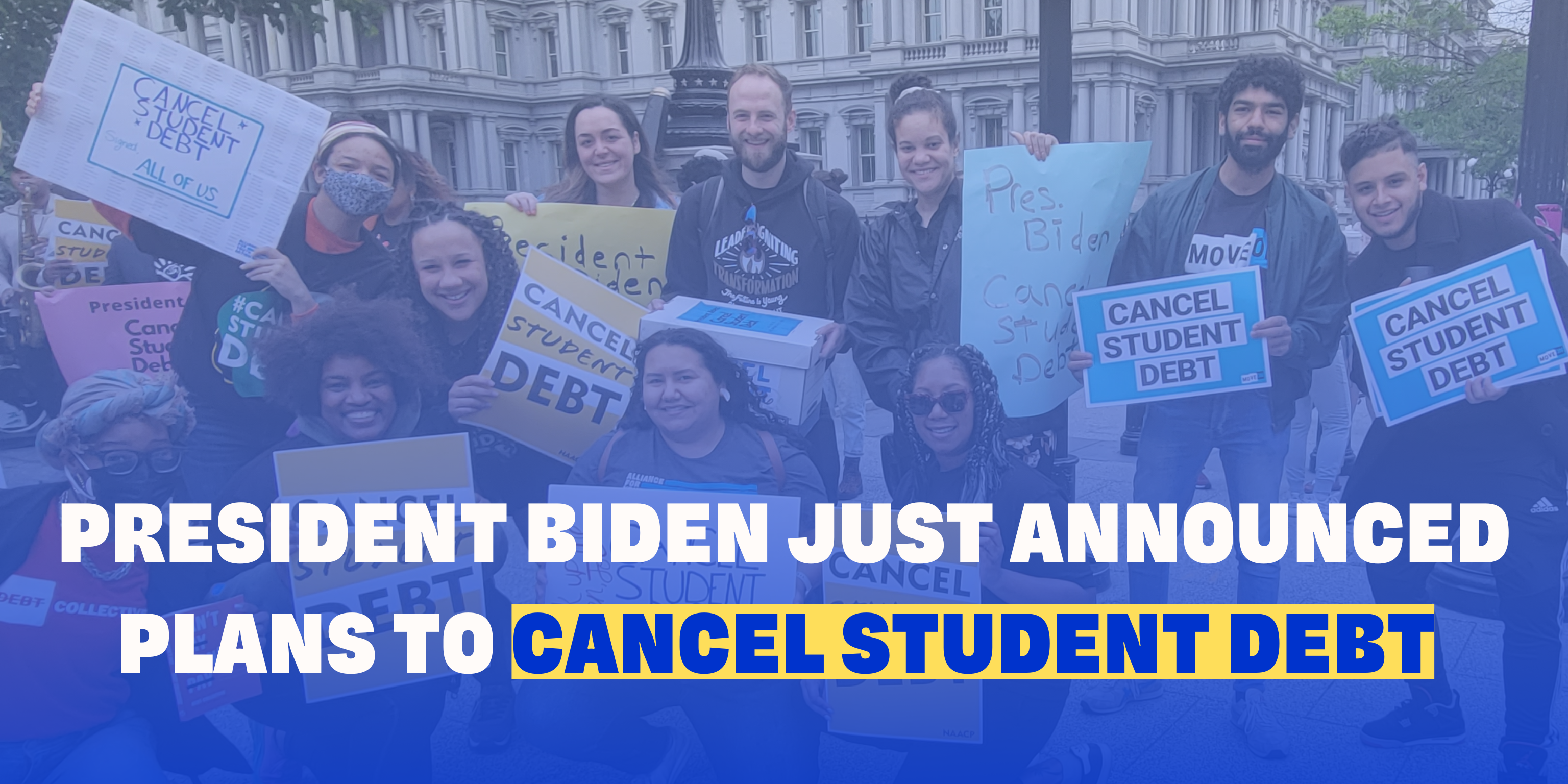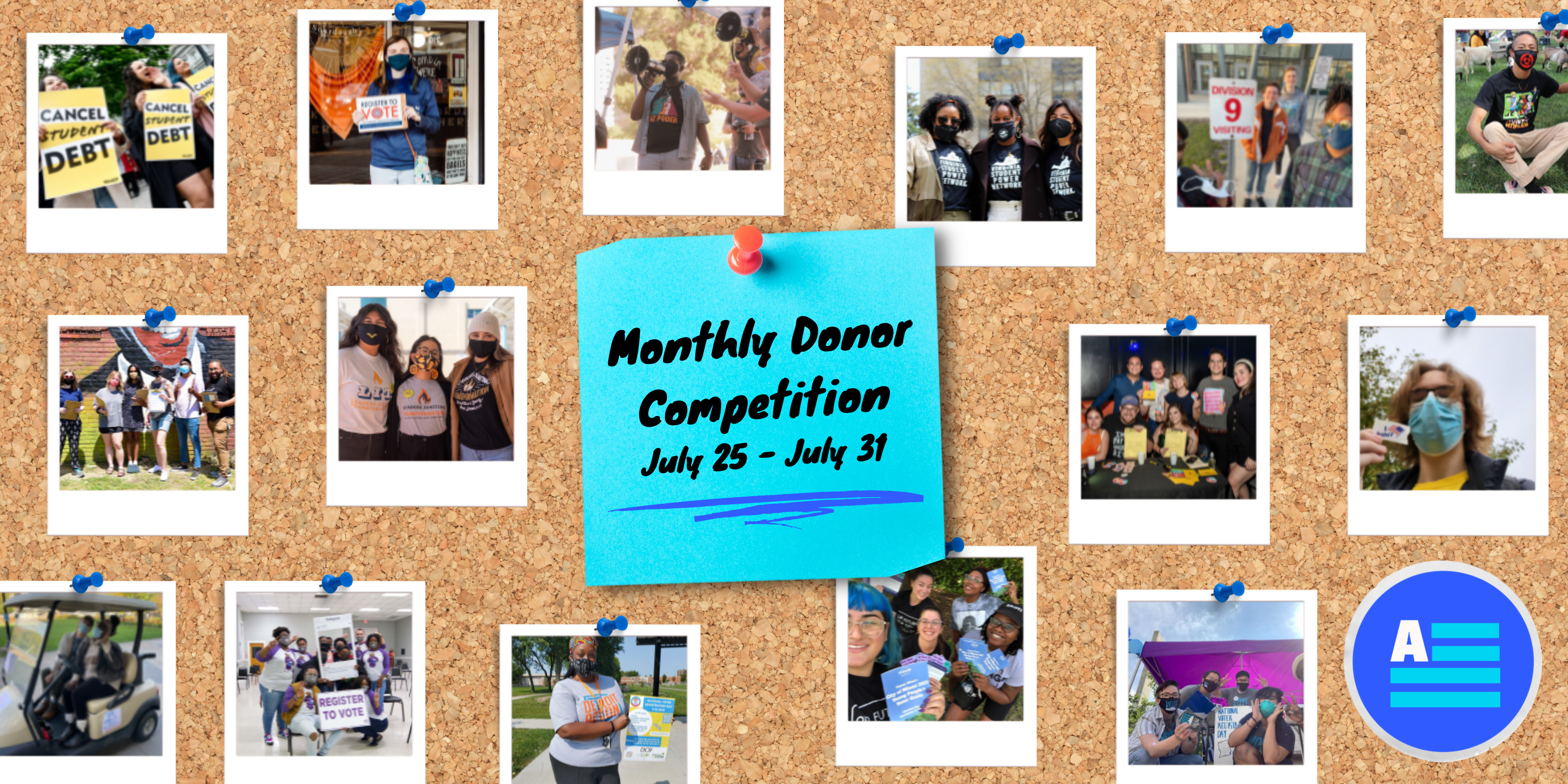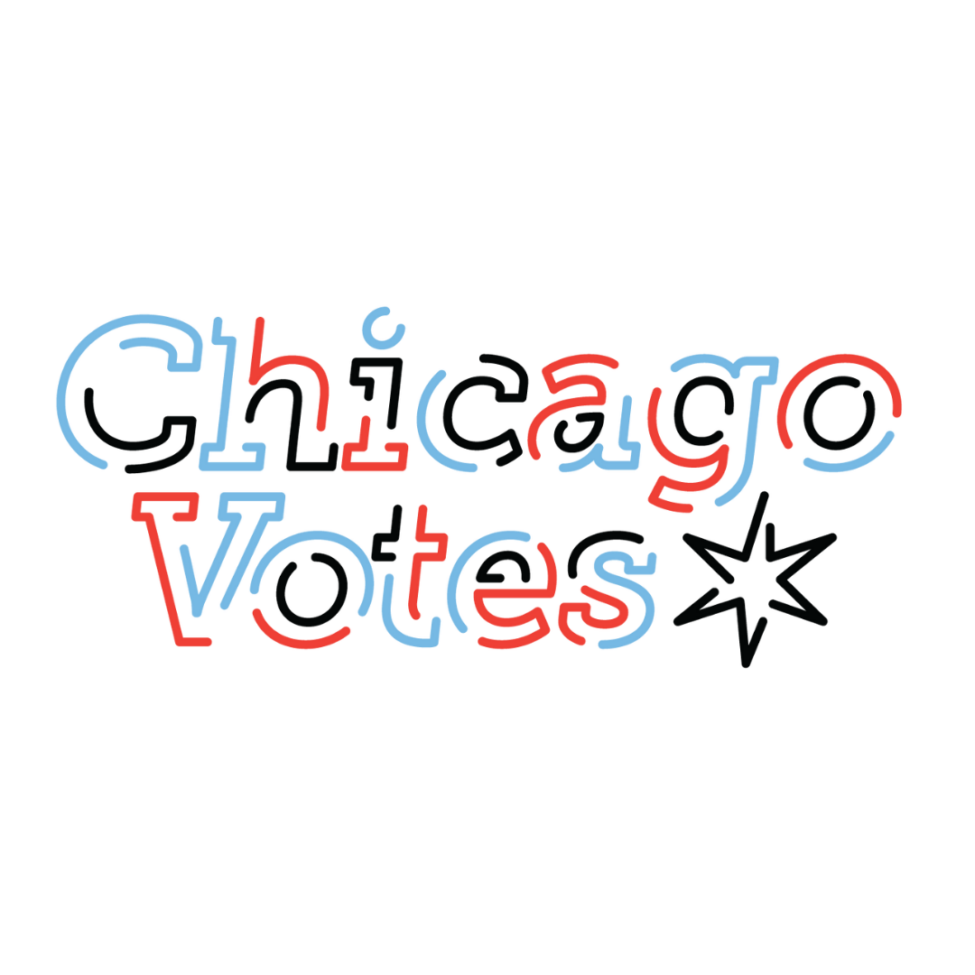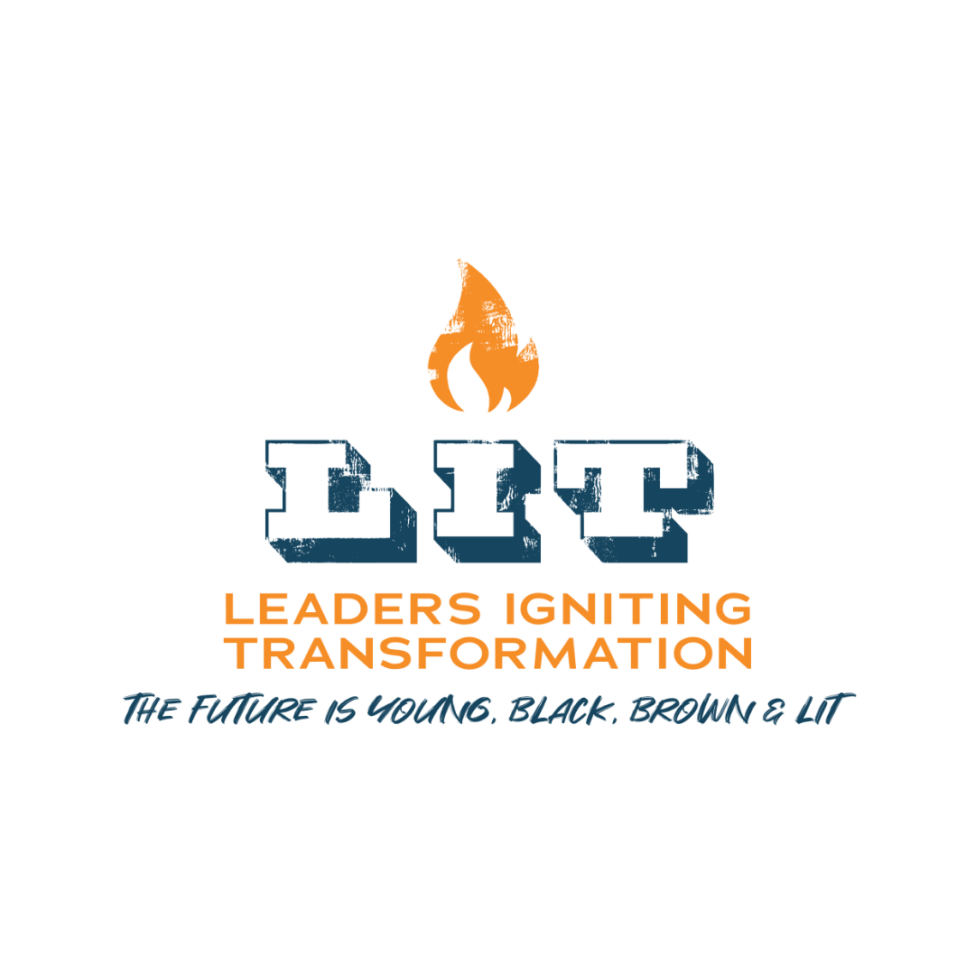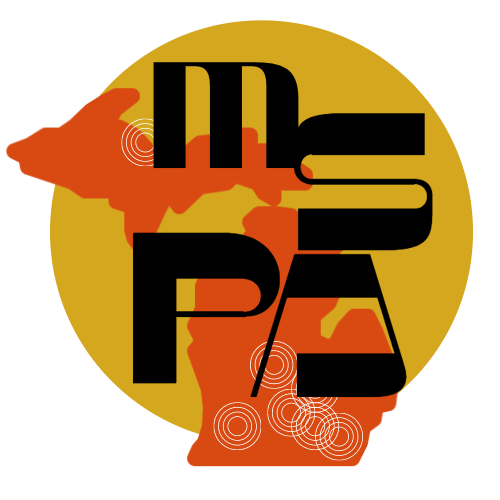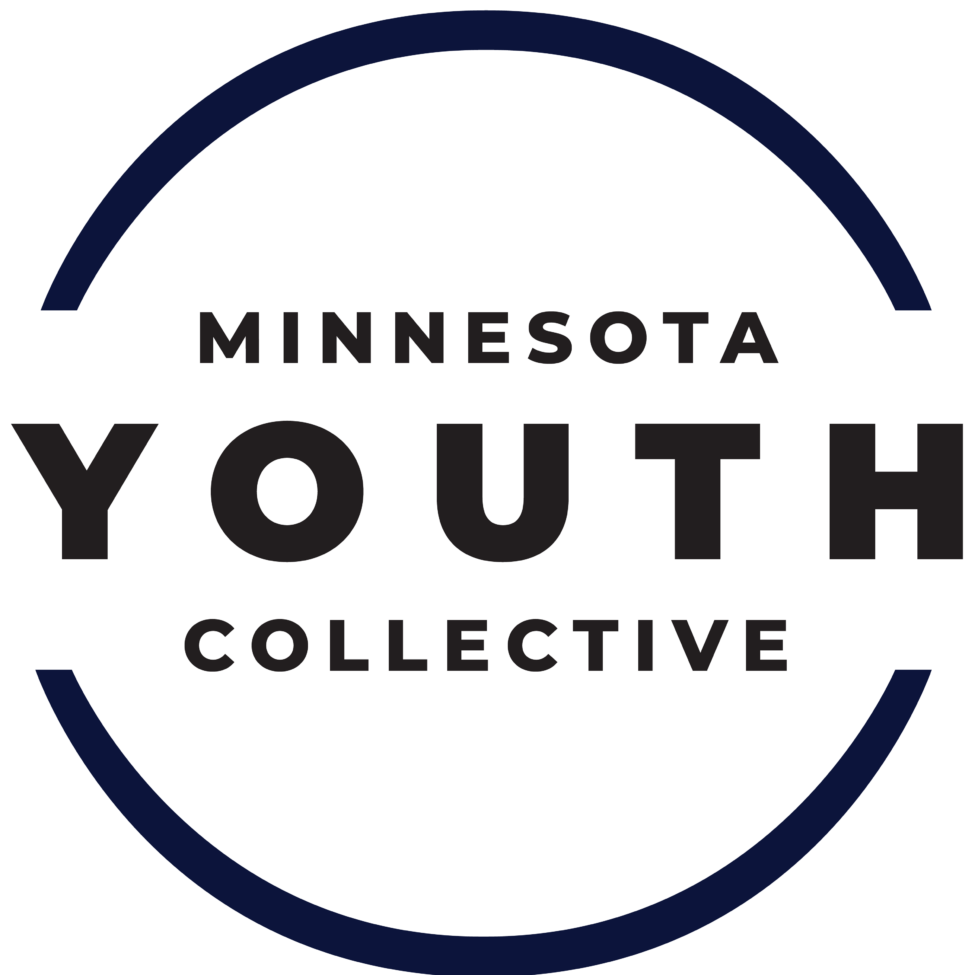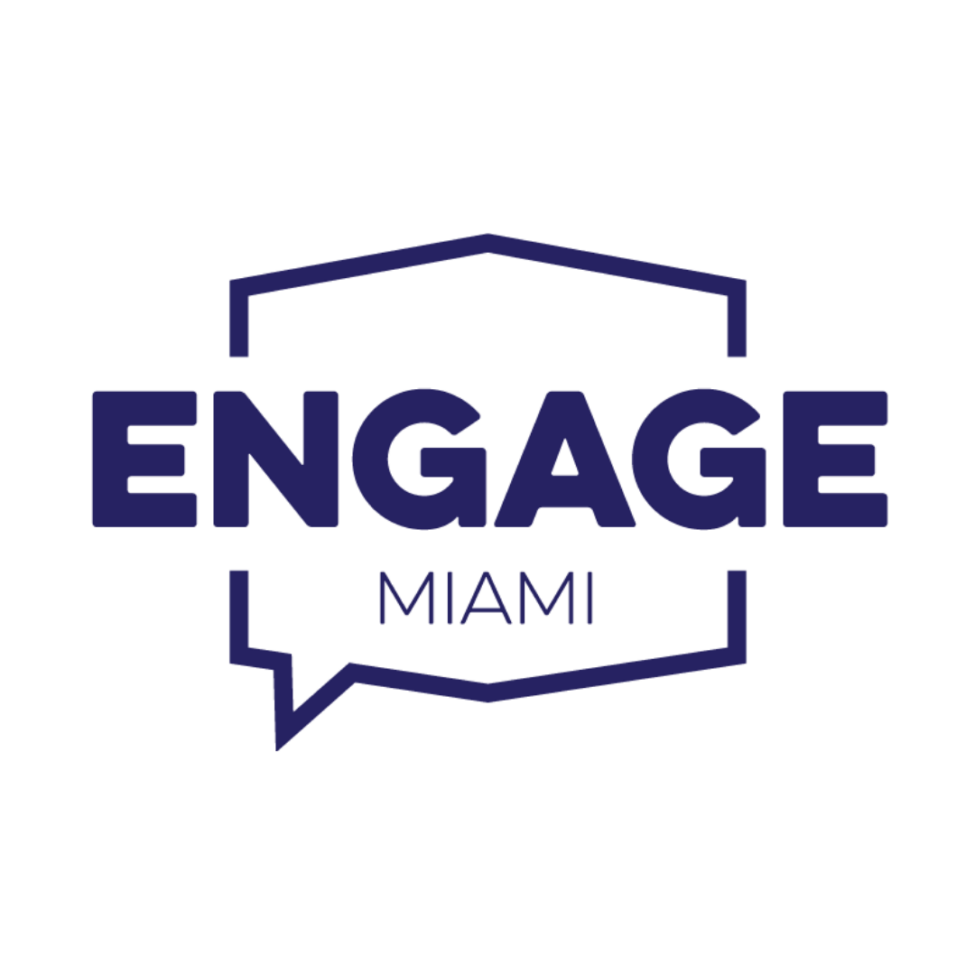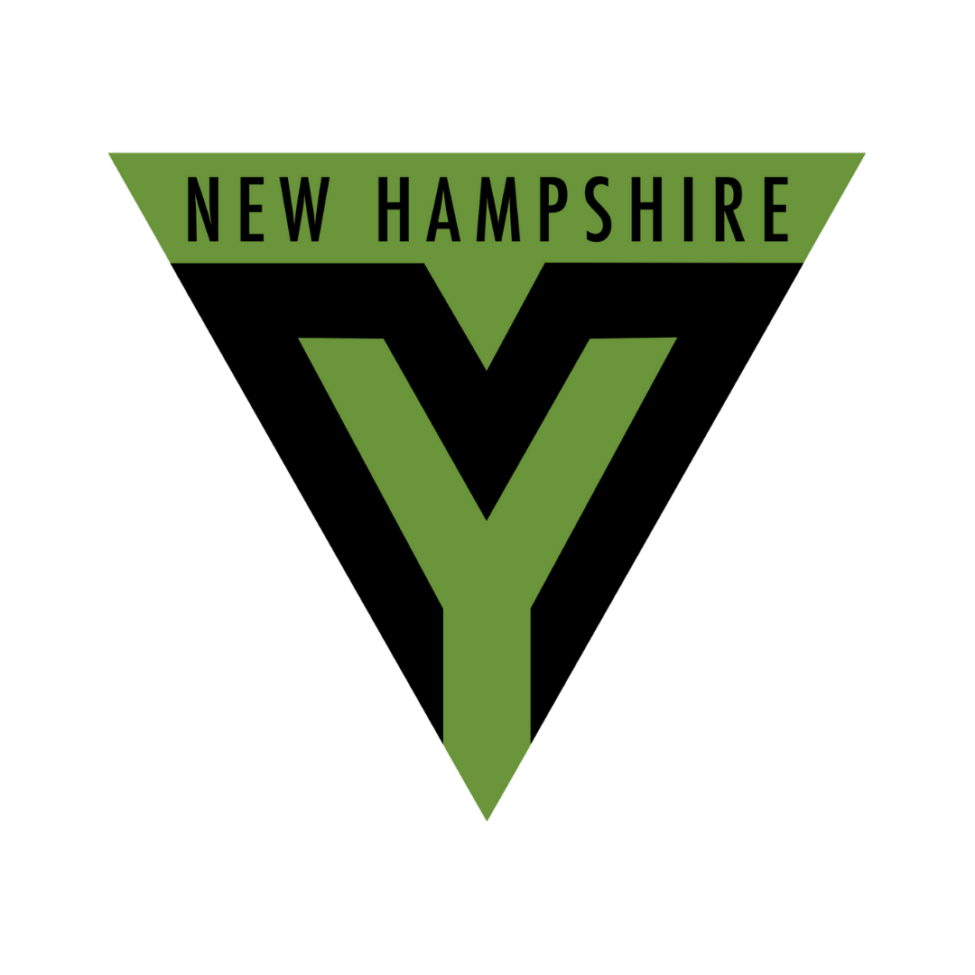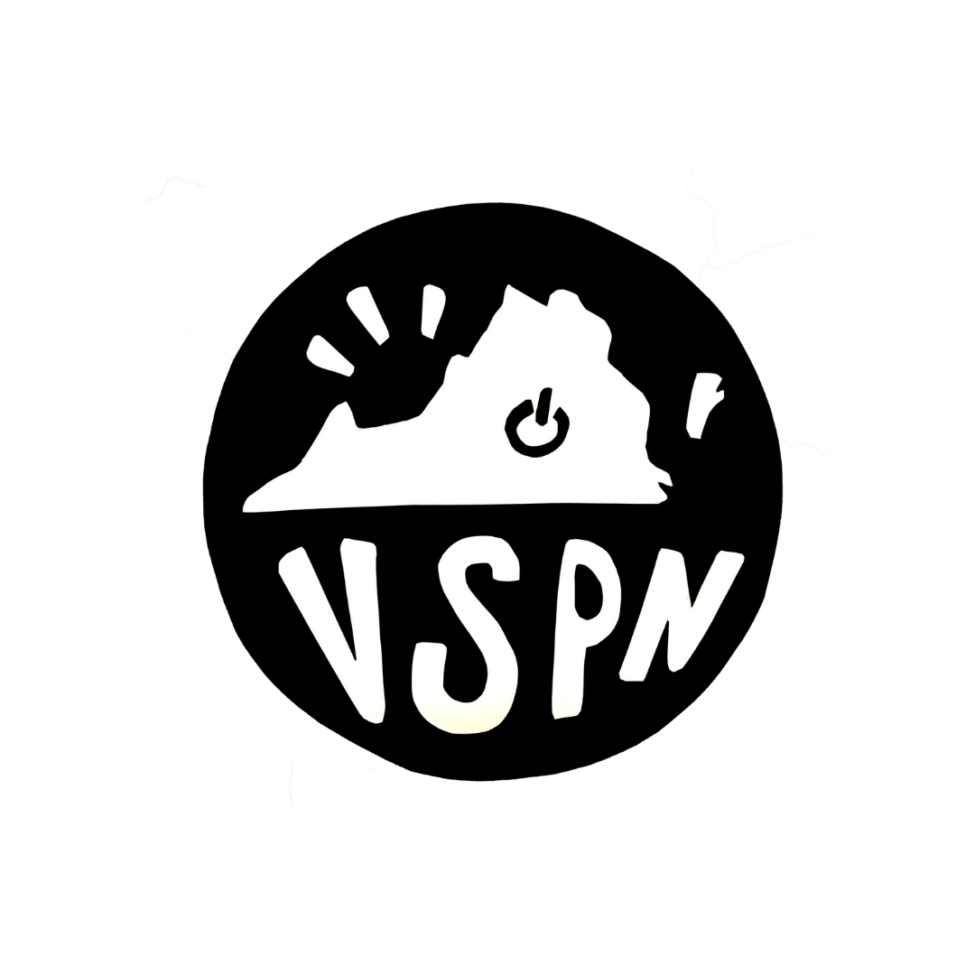Today, across Indigenous reservations, you will find the resistance and resilience of Indigenous people who have fought for their culture, lands, language, and traditions for centuries against white supremacy colonialism.
That resistance and resilience have enabled me to succeed as a young Black Indigenous leader from the Oneida Nation of Wisconsin & Lac Courte Oreilles Band who finds himself leading the Alliance for Youth Action. The Alliance is a nationwide network of youth organizations that create and inspire a more just and equitable country every single day. I see the resistance and resilience of young people of color within our network as they organize towards access to higher education, abortion access, holding government institutions accountable for failing Black and Brown communities, and much more.
The resistance and resilience that runs through Indigenous people catalyze the rebellion against modern-day colonialism. The ideals of manifest destiny are deep-rooted in the American psyche through folk tales of the beautiful founding of our country. We all know the story; you know the one. The myth of the Pilgrims landing on Indigenous land and immediately becoming friends with the Indigenous people and nations.
We must confront the institutionalized teaching of Indigenous people that rewrites history so it can avoid the uncomfortable grip of guilt that plagues White Americans. Many people have never had a meaningful interaction or friendship with an Indigenous person, have an Indigenous coworker or boss, or are aware that the city, county, or state they live in has its namesake from an Indigenous language. The knowledge gap between Indigenous history and modern-day problems is a bridge we must build if we want future generations of Indigenous people to thrive on their traditional homelands.
This is not just about broken treaties; it is about the institutionalized legislative and budget decisions to remove wealth and health from Indigenous communities and promote legalized discrimination. In 1887, the Dawes Act, also known as General Allotment Act, was passed to force Indigenous Communities to “assume a capitalist and proprietary relationship with property.” Tribal nations lost another two-thirds of their land, or about 90 million acres, after already losing over a billion acres of land via genocidal warfare, manipulation, and dubious treaties.
It was just 98 years ago that all Indigenous People were granted citizenship in this country through the Indian Citizen Act of 1923, and we waited another 44 years after that for the passage of the Indian Civil Rights Act to receive many of the rights guaranteed by the Bill of Rights. But it does not stop there; 70 years after being granted citizenship, the passage of the amended American Indian Religious Act gave Indigenous people the right to use all traditional medicines in ceremonies. These are just a few of the laws that accentuate the long injustices and fight for fundamental human rights Indigenous communities have had to endure.
Today, an epidemic of murdered and missing Indigenous women highlights the continued violence against Indigenous women perpetuated for centuries. Four out of five Indigenous women experience some form of violence in their lifetime. Indigenous women face murder rates more than ten times the national average. In 2016, the National Crime Information Center reported that there were almost 6,000 Indigenous women and girls missing, while the US Department of Justice’s federal missing person database only logged 116 of those cases. Indigenous women have to face some of the highest rates of violence in this country, and law enforcement agencies also ignore it.
Across reservation and urban cities, Indigenous people face a crisis in health equity. Indigenous people have a life expectancy of five and half years less than all other races in the United States and continue to die at higher rates of preventable illnesses. One of the primary drivers of this is the consistent underfunding of the Indian Health Service agency responsible for providing healthcare to more than 570 tribal nations in the United States. Without action, we will continue to see Indigenous communities have disproportionate preventable death rates.
The centuries-long systemic racism and attempted eradication of my people from history have a lasting impact on much more than the violence against women or health disparities. More than a quarter of Indigenous people live in poverty, the highest rate in the nation. Indigenous households have 8 cents of wealth for every average White household. For the last 25 years, Indigenous people have had the lowest education achievement rates. This demands attention and action immediately, but we are continuously ignored in mainstream political debates while in a crisis and fighting for survival. As the midterm election approaches, I have yet to hear a plan for Indigenous communities and our health. To constantly be left out of the conversation, or placed with the ‘other’ box on statistics, is erasure and aids this country in eliminating the “Indian Problem.”
Simply put, Indigenous lives have been in a state-manufactured crisis for centuries. We continue to resist colonial white supremacy by speaking our languages, practicing our traditions, and refusing assimilation as a way of survival. Our resilience will ensure the next seven generations continue the legacy of their ancestors and chart their path of Indigenous greatness.
Every Indigenous Peoples’ Day is a call to action for those who consider themselves allies or co-conspirators to Indigenous people. We need those not a part of our communities to uplift our community and the crisis we live in daily. If you are privileged enough to have Indigenous Peoples’ Day as a day off, take some time to learn more about Indigenous issues and take action.
How to Support Indigenous People
Be attentive to the language you use
- “Low man on the totem pole/climbing the totem pole”
- Totem poles are very sacred items to Indigenous people. Figures carved on totem poles represent familial legends, clan lineages or notable events. In some Indigenous communities, being low on the totem pole is actually a higher honor than being on the top.
- “We should get together and have a powwow about that”
- Powwows are social gatherings for ceremonial and celebratory purposes and are conducted under strict protocol. Using this phrase to refer to a quick business meeting denigrates the long, cultural significance of the powwow.
- “Off the reservation”
- Implies you are not thinking or functioning properly, that you are crazy or stupid. This dates back to when the US Military would forcibly prevent Indigenous people living reservations, they must be stupid to challenge the military.
Join Campaigns
Take action with the Coalition to Stop Violence Against Native Women
Donate
